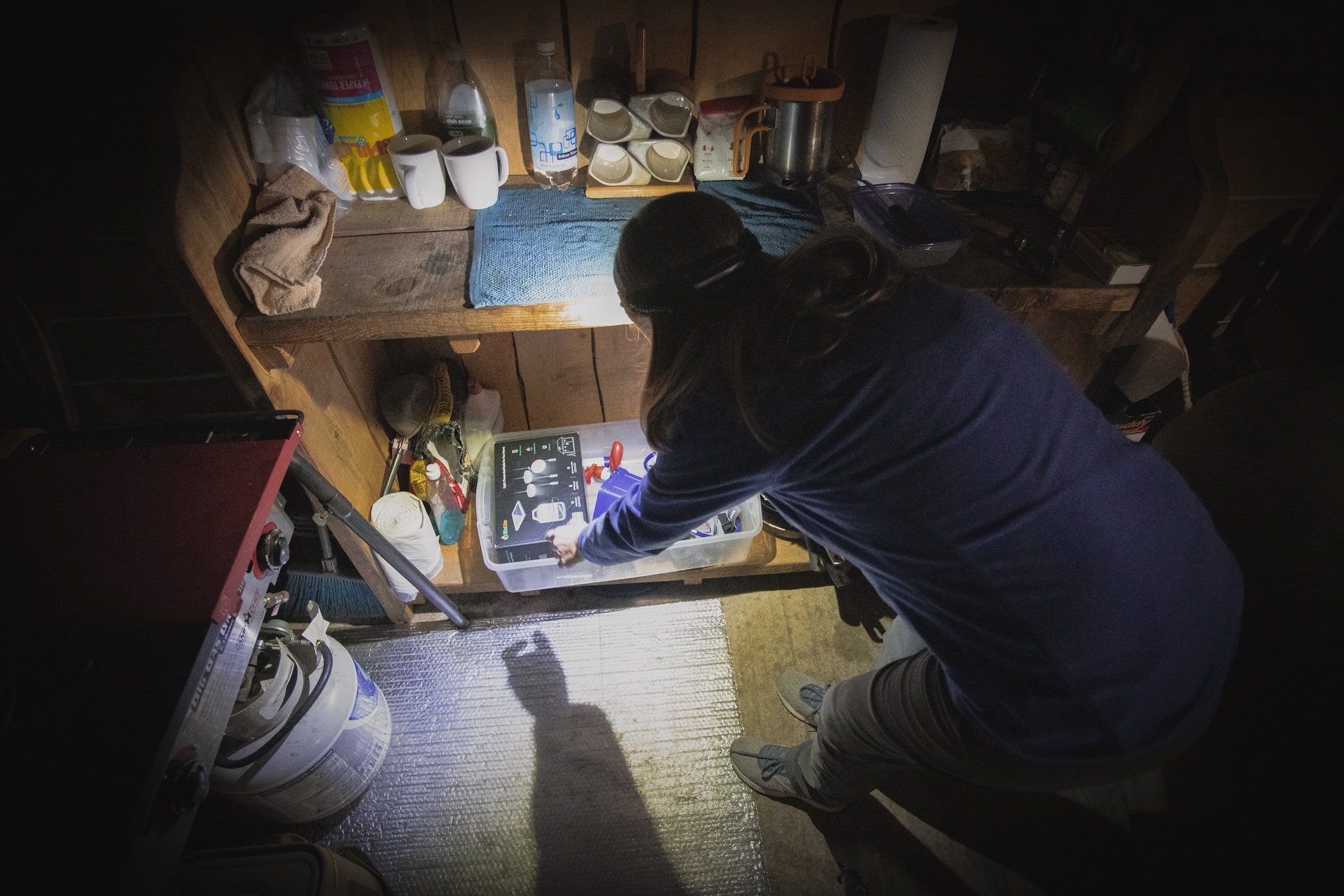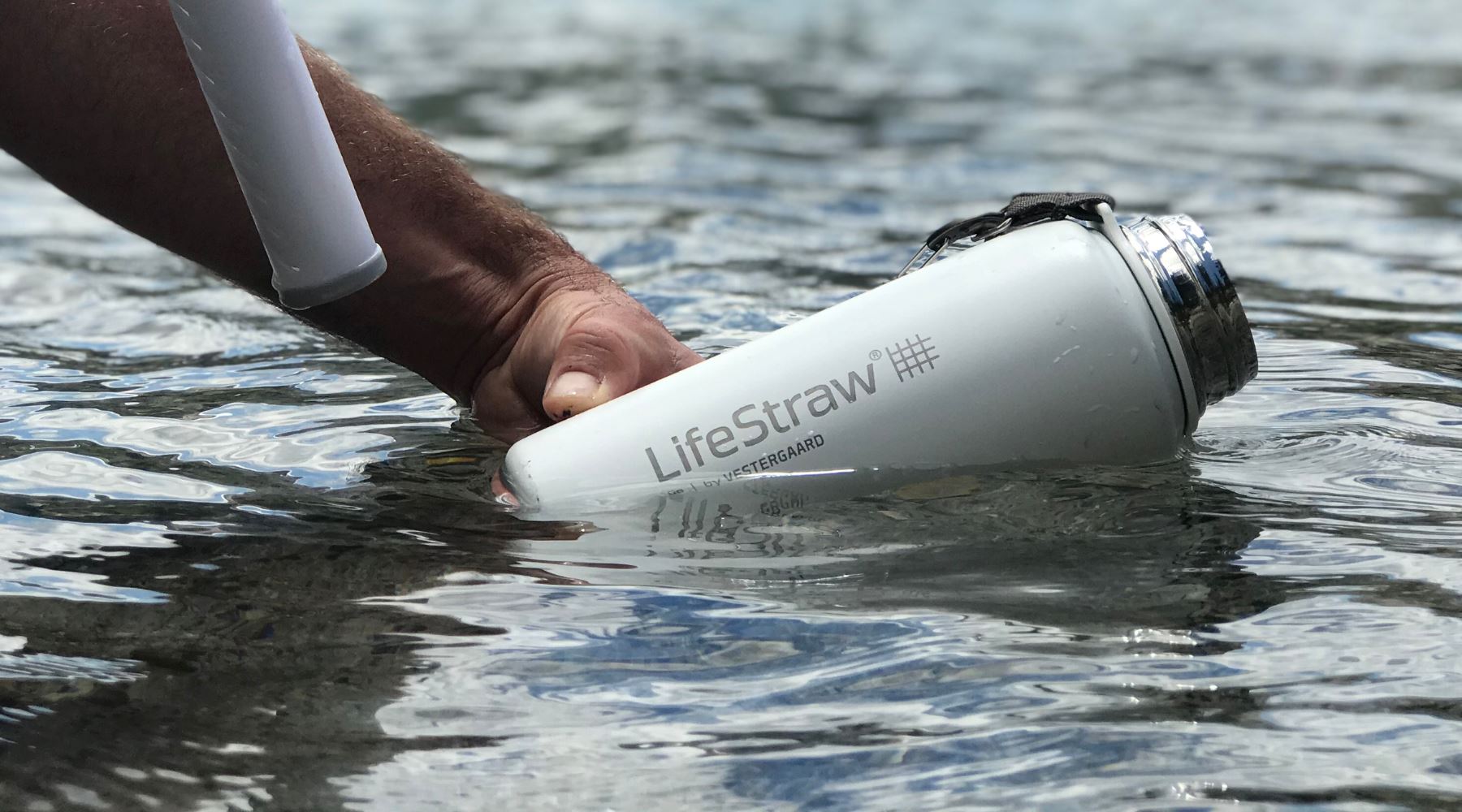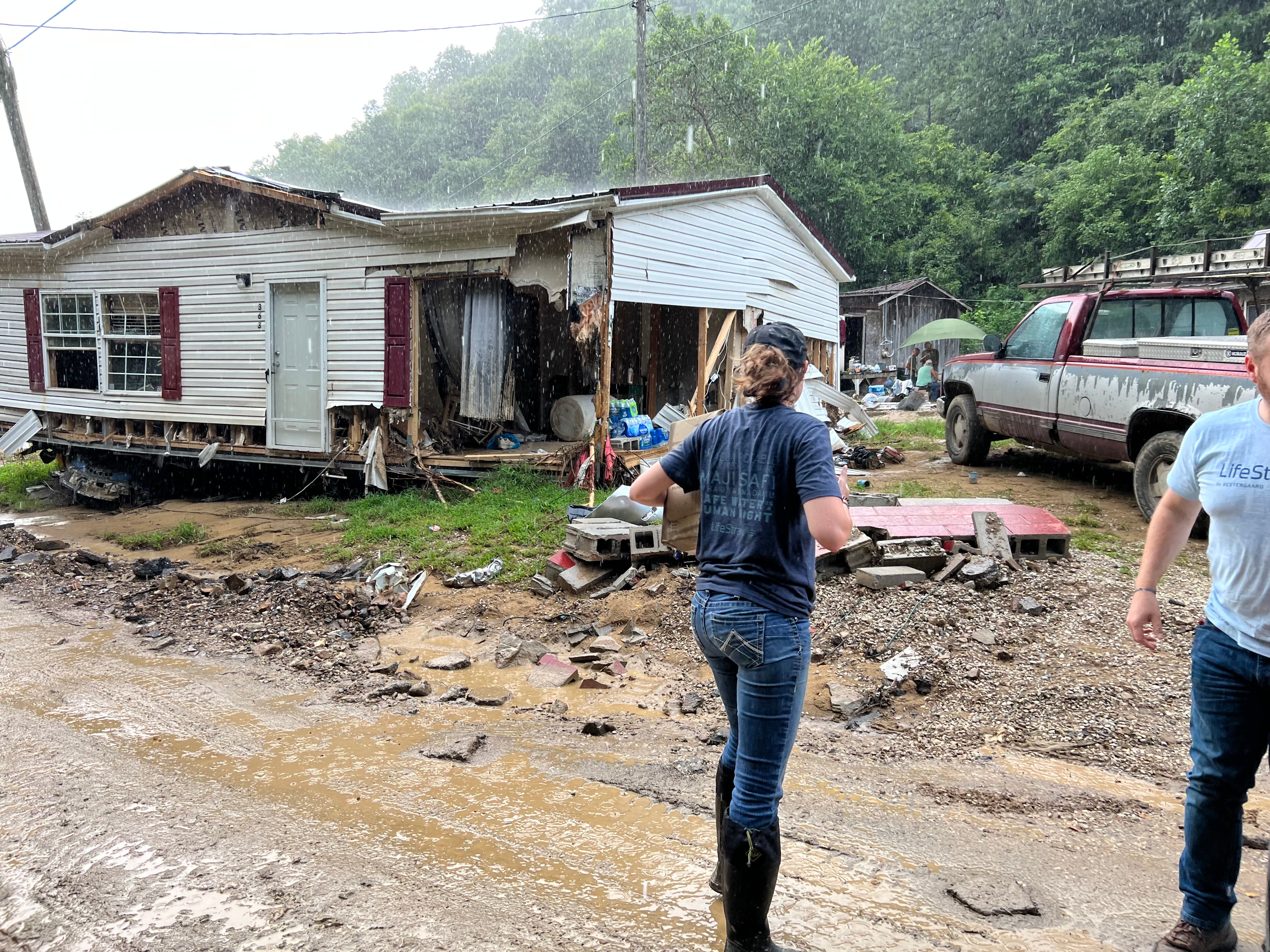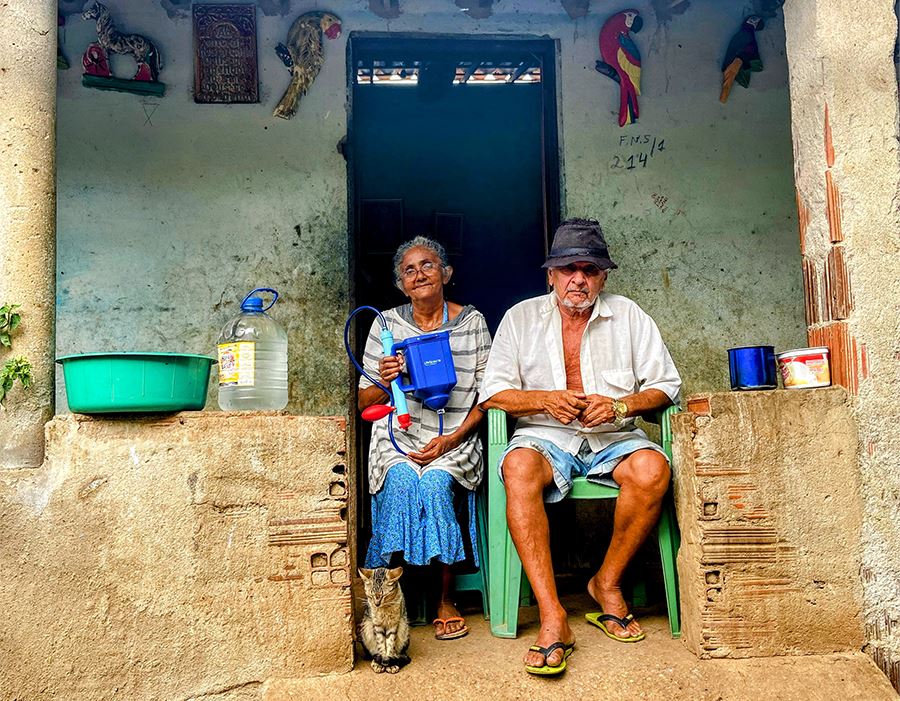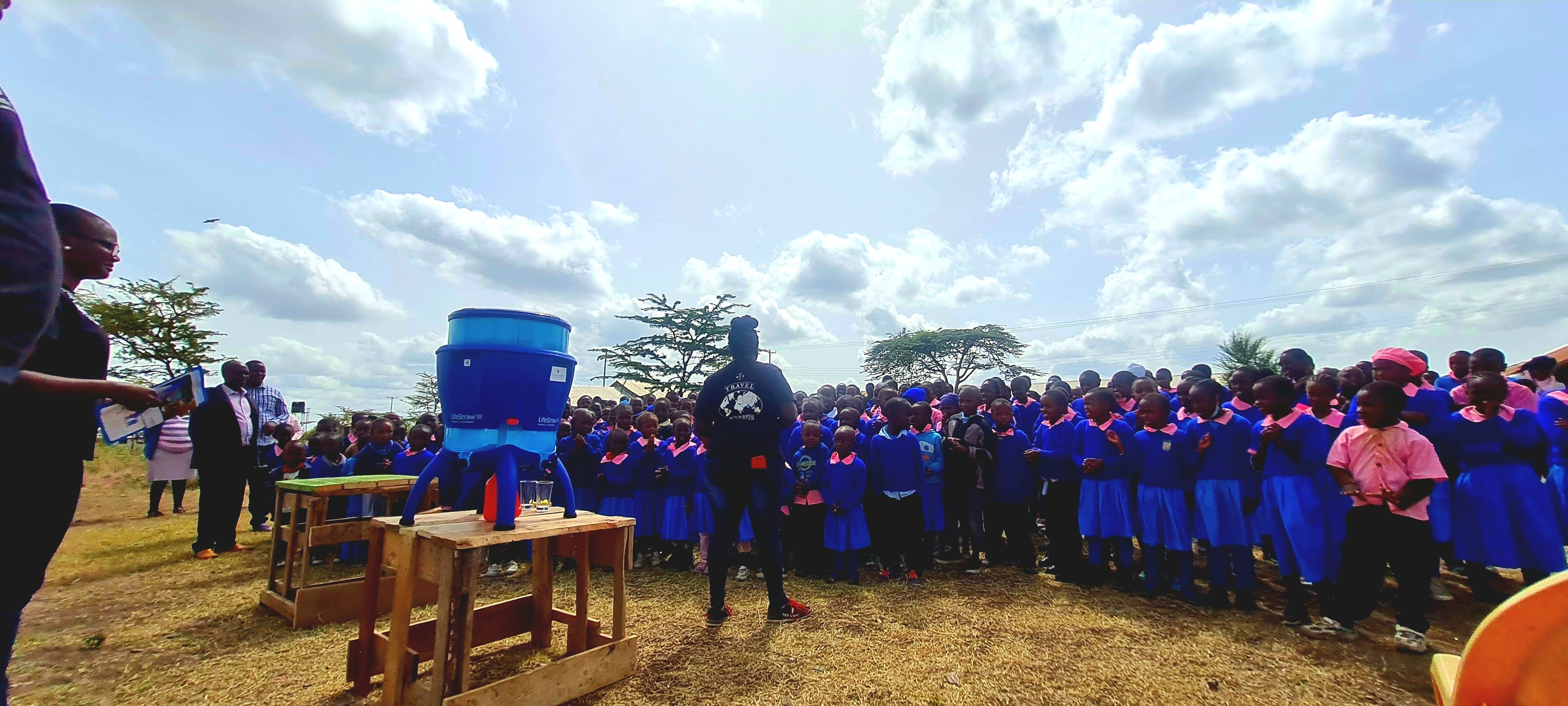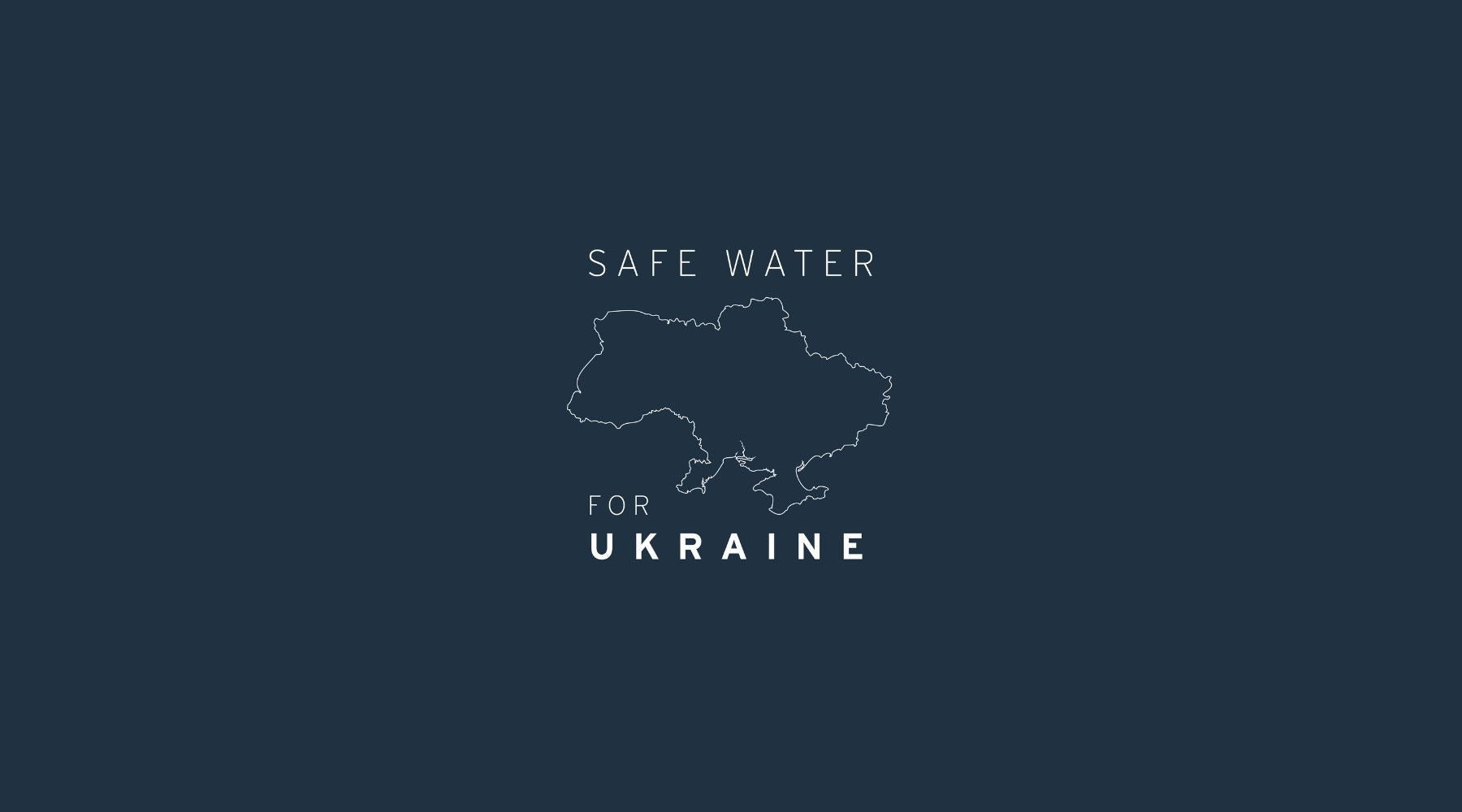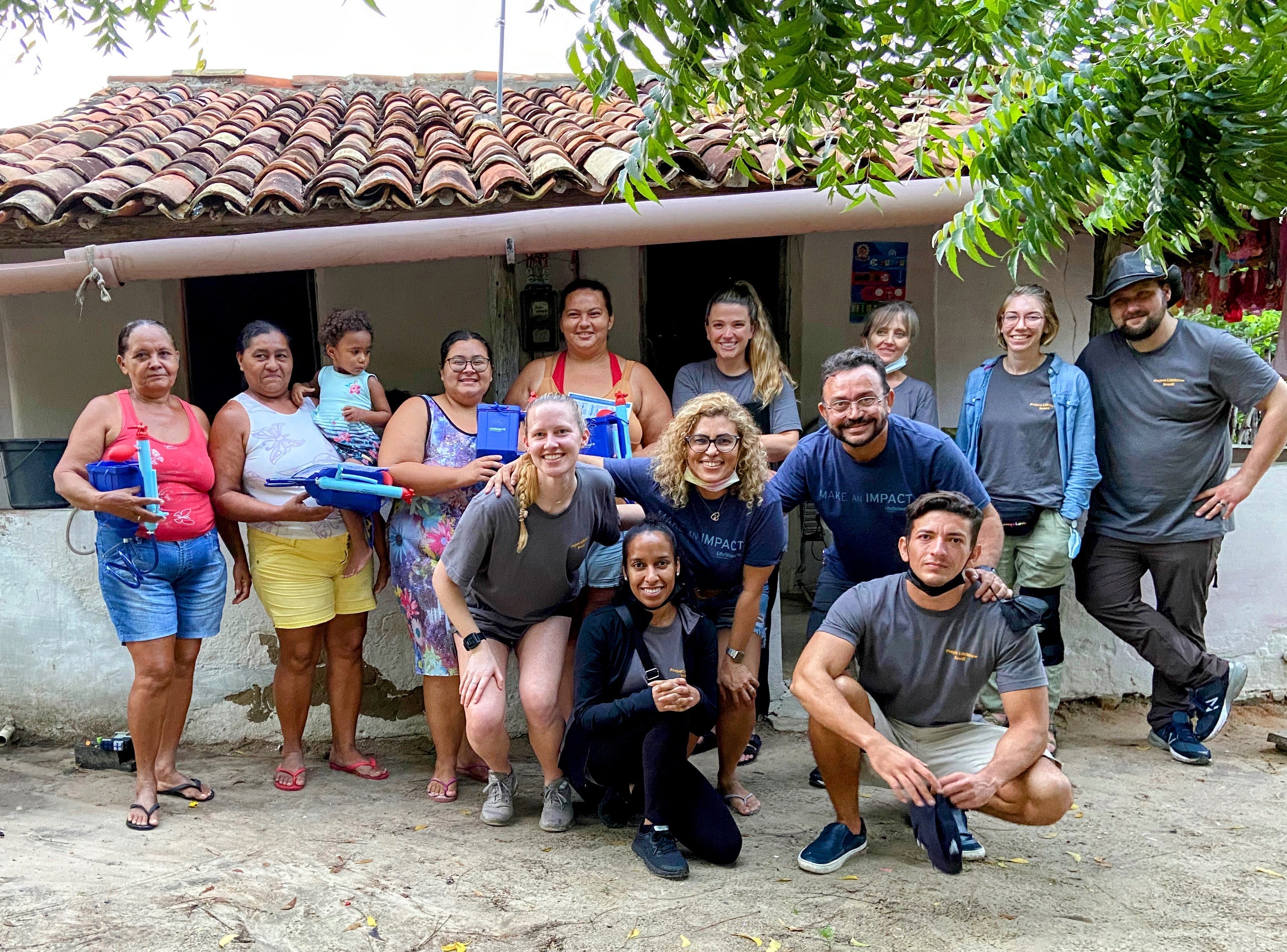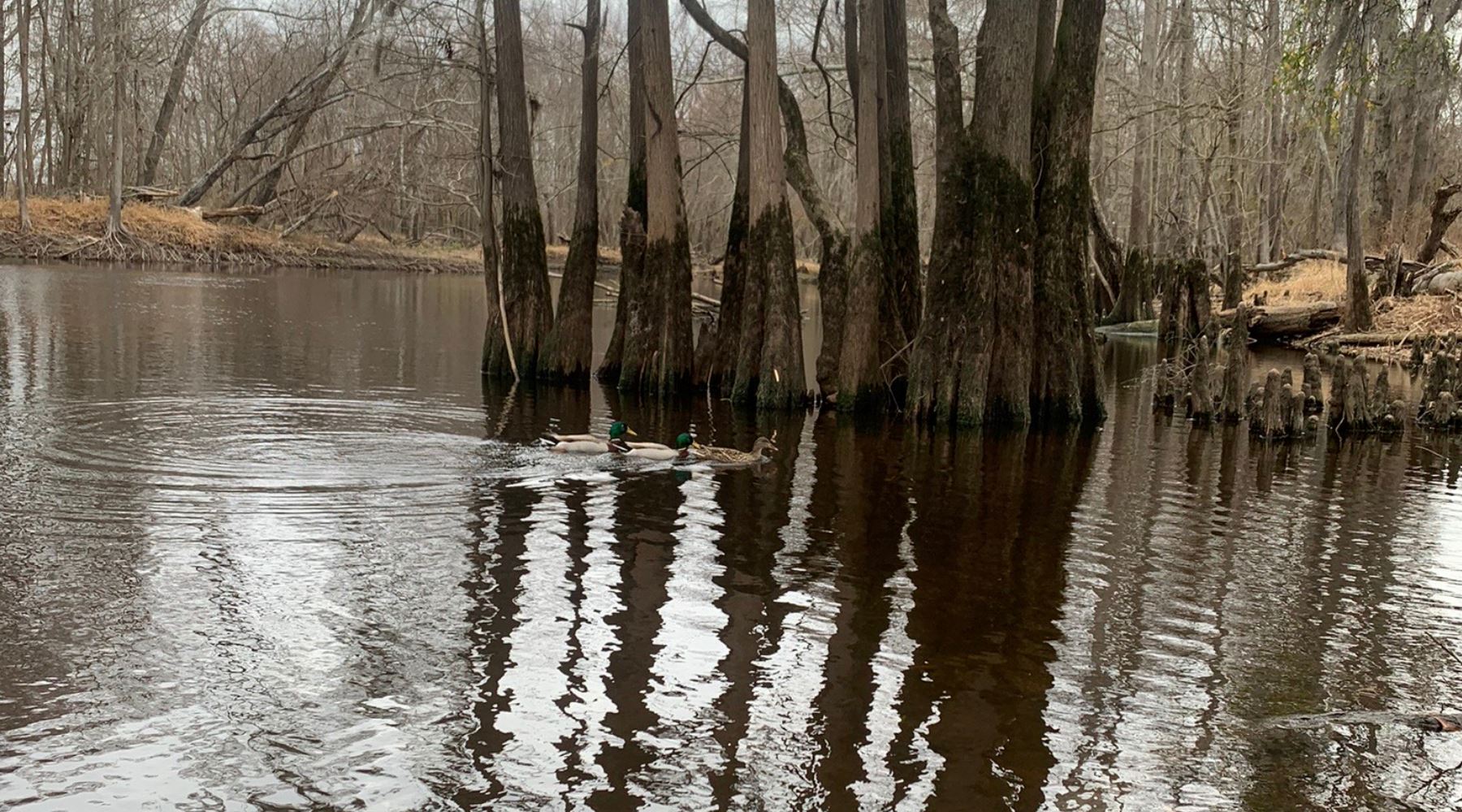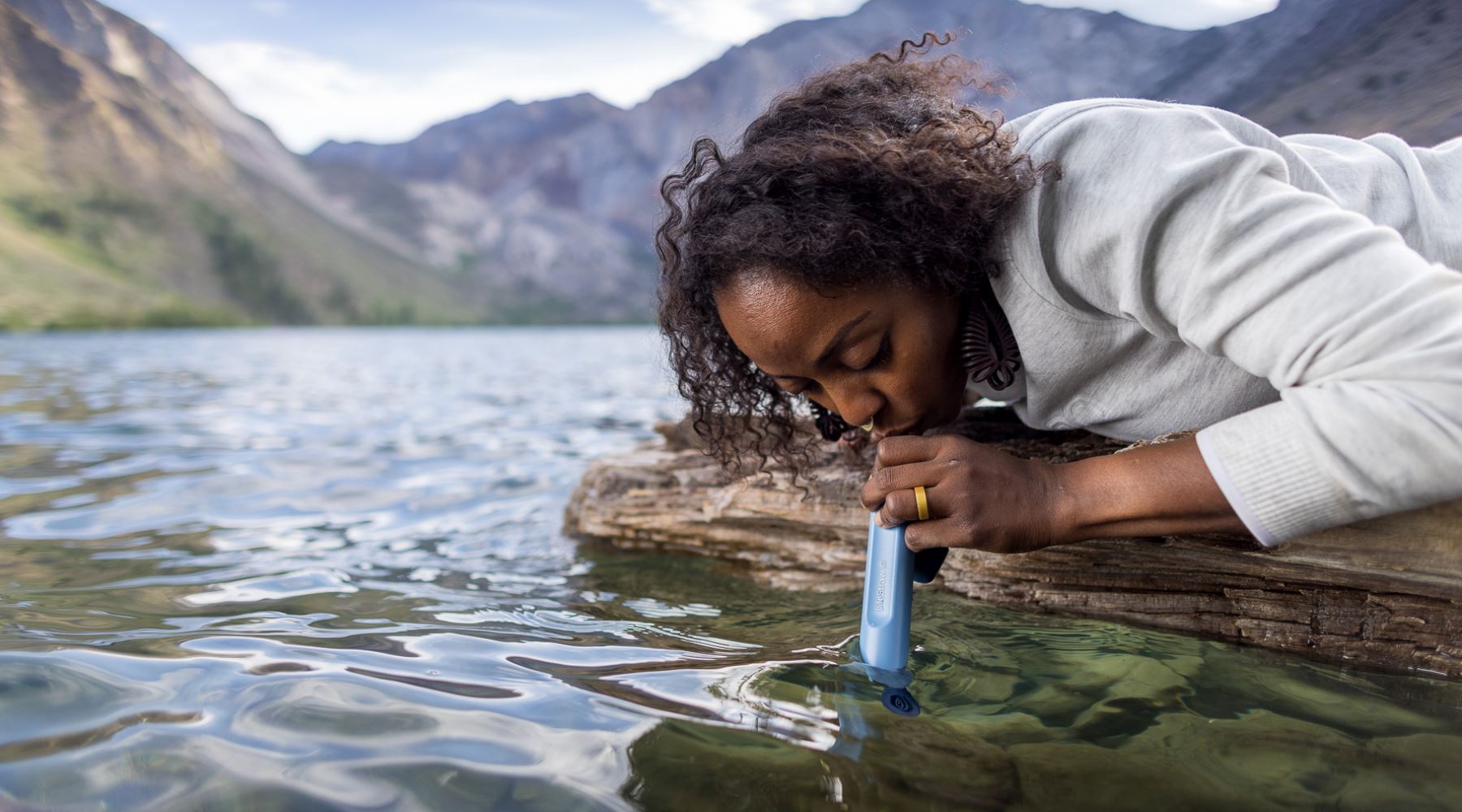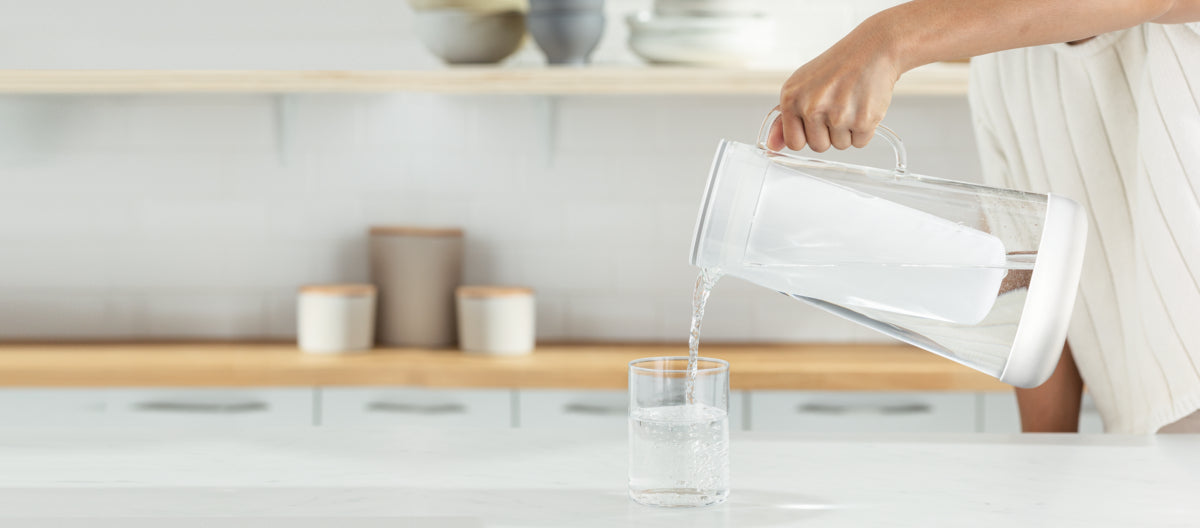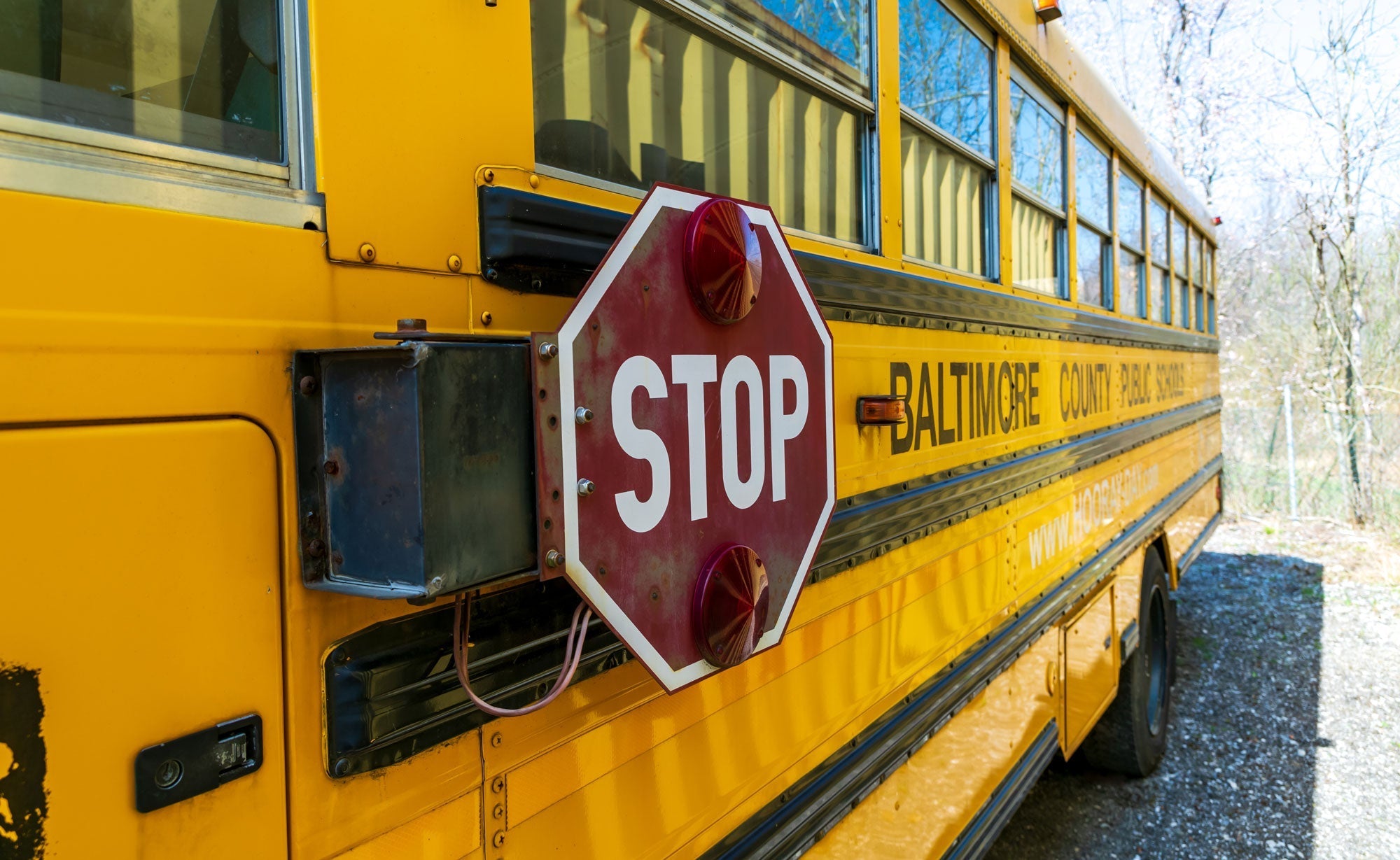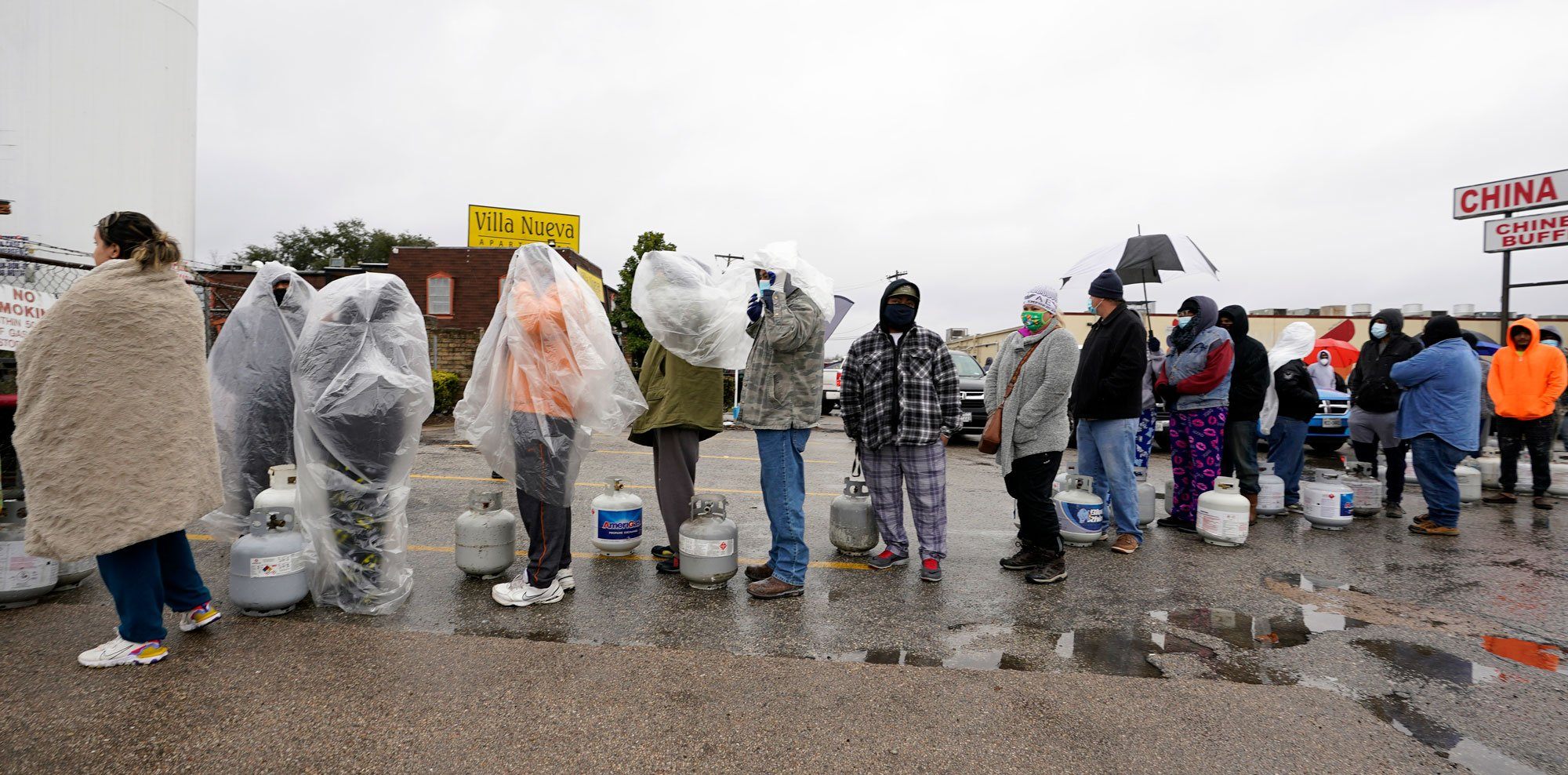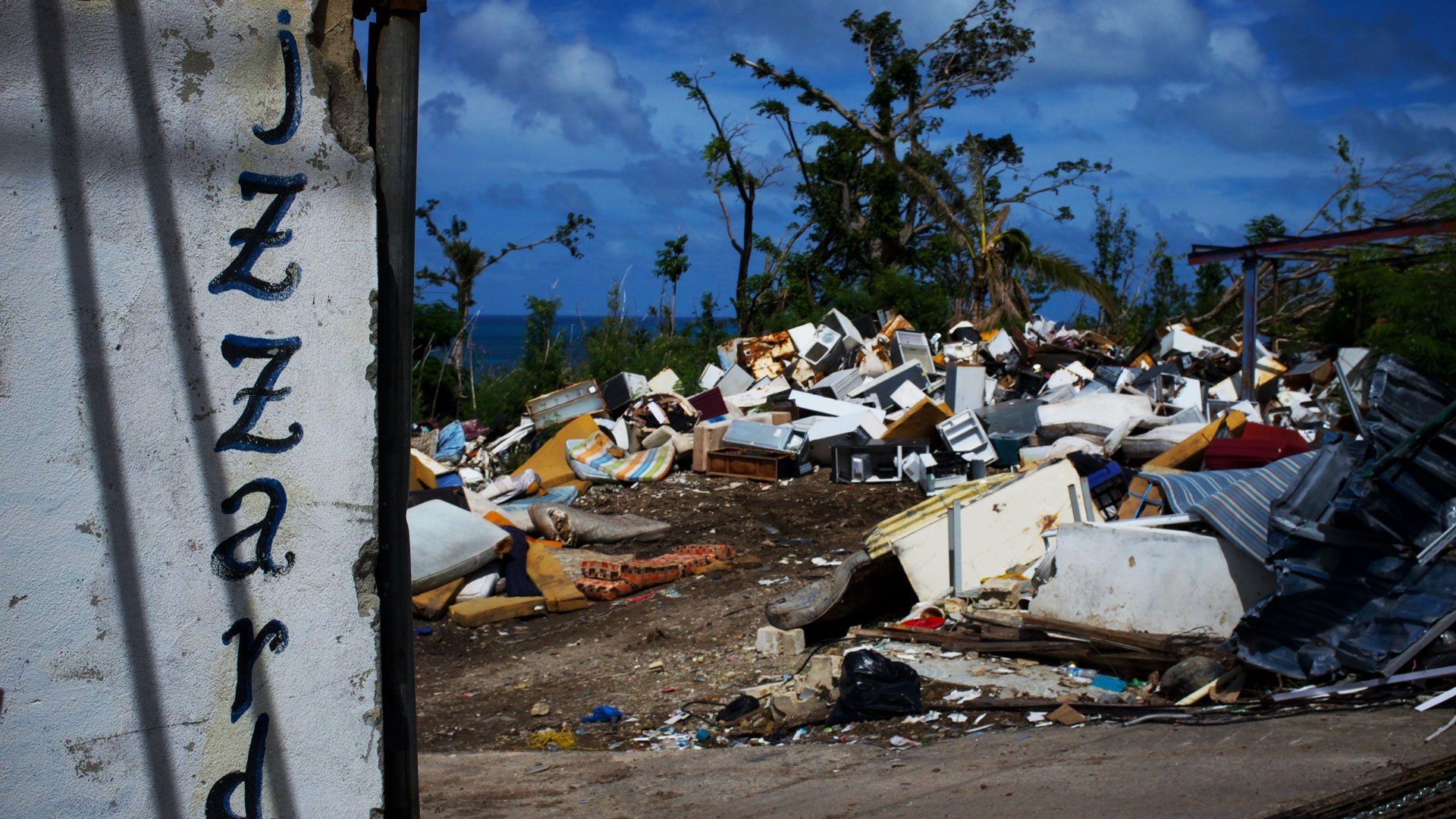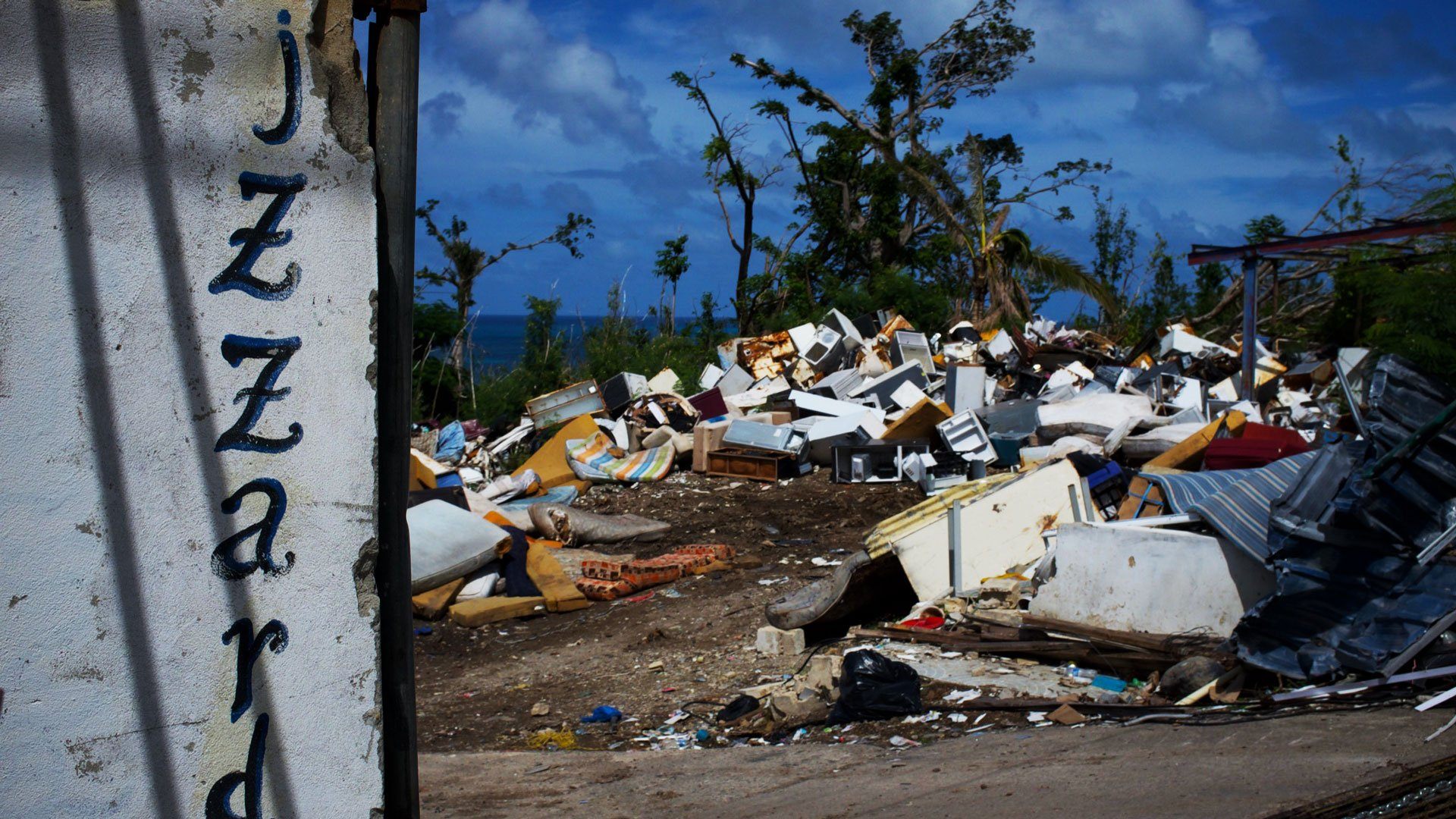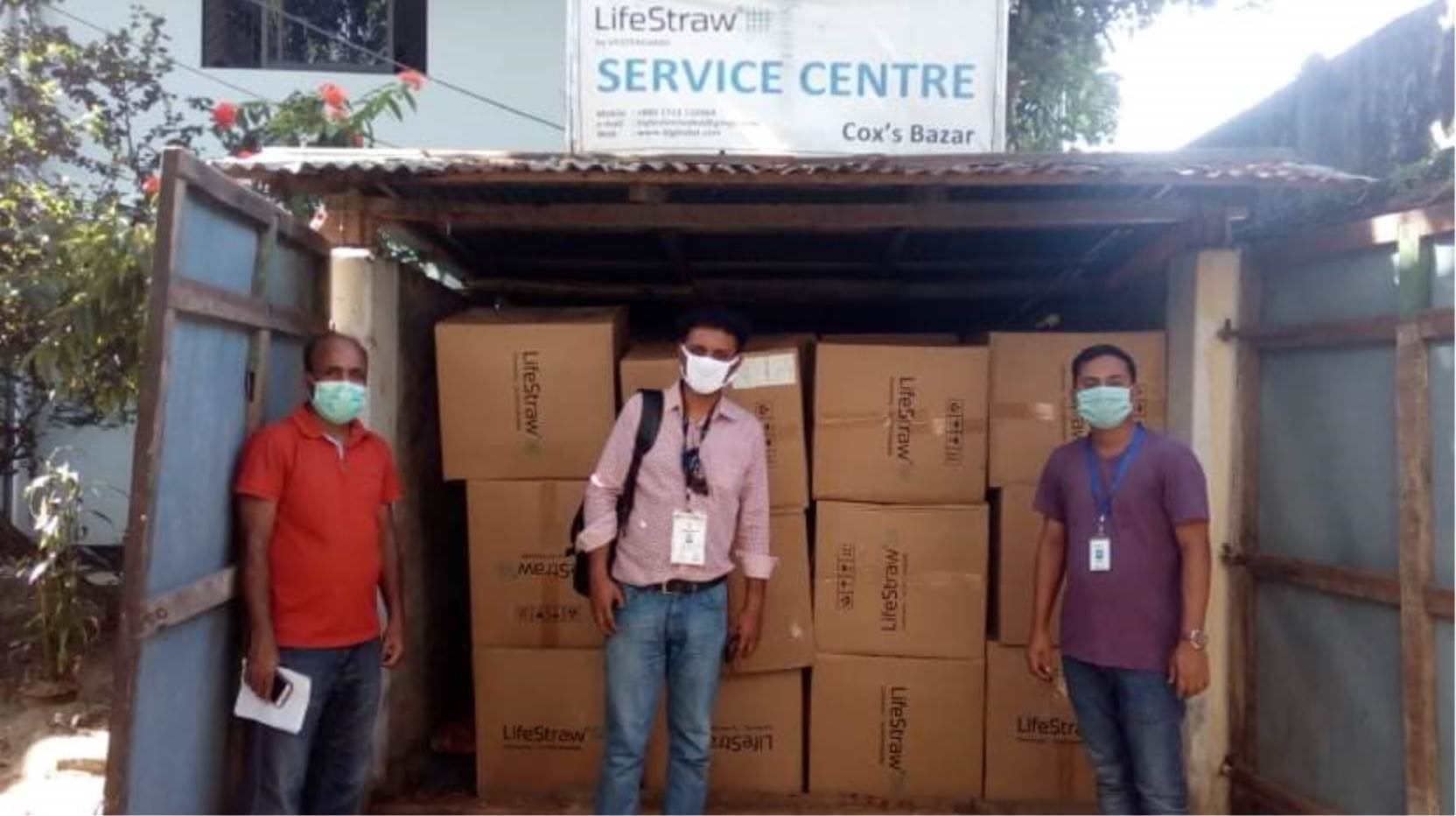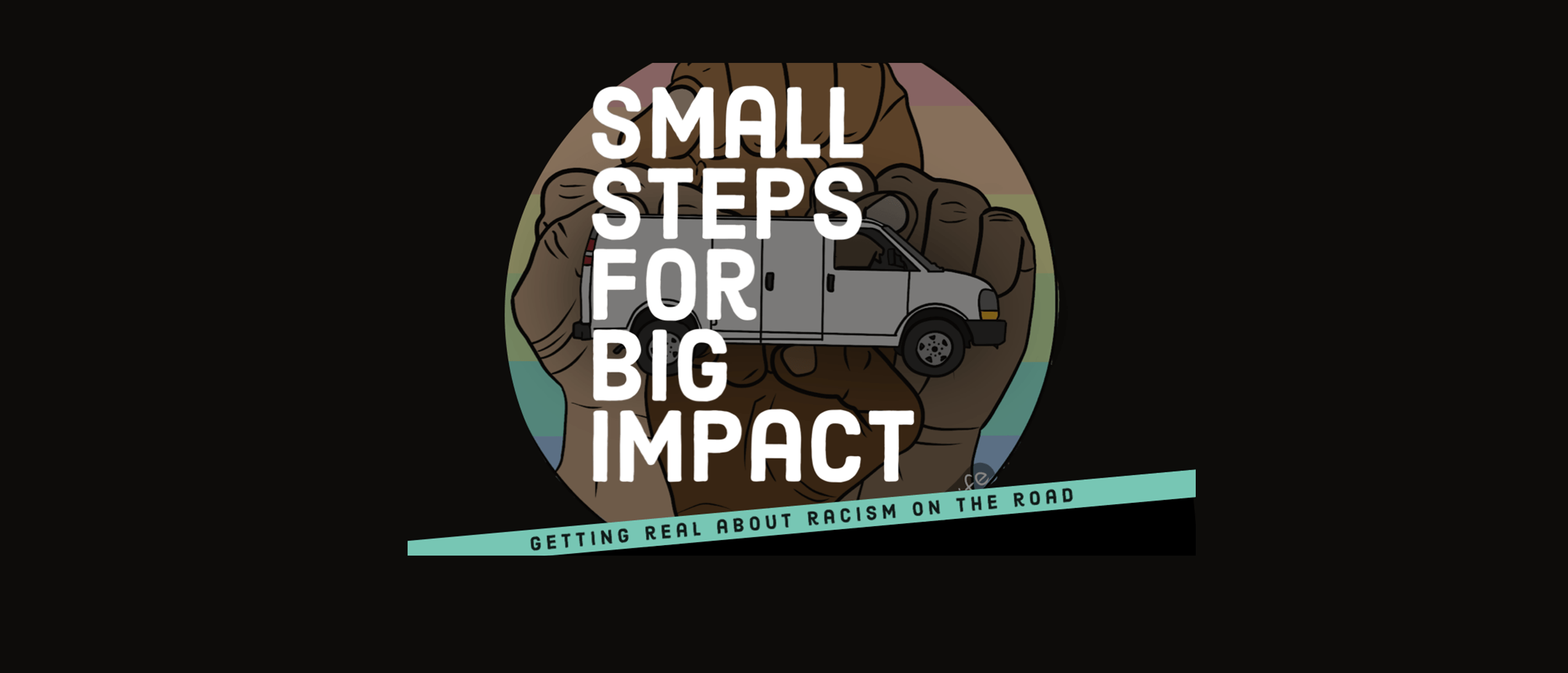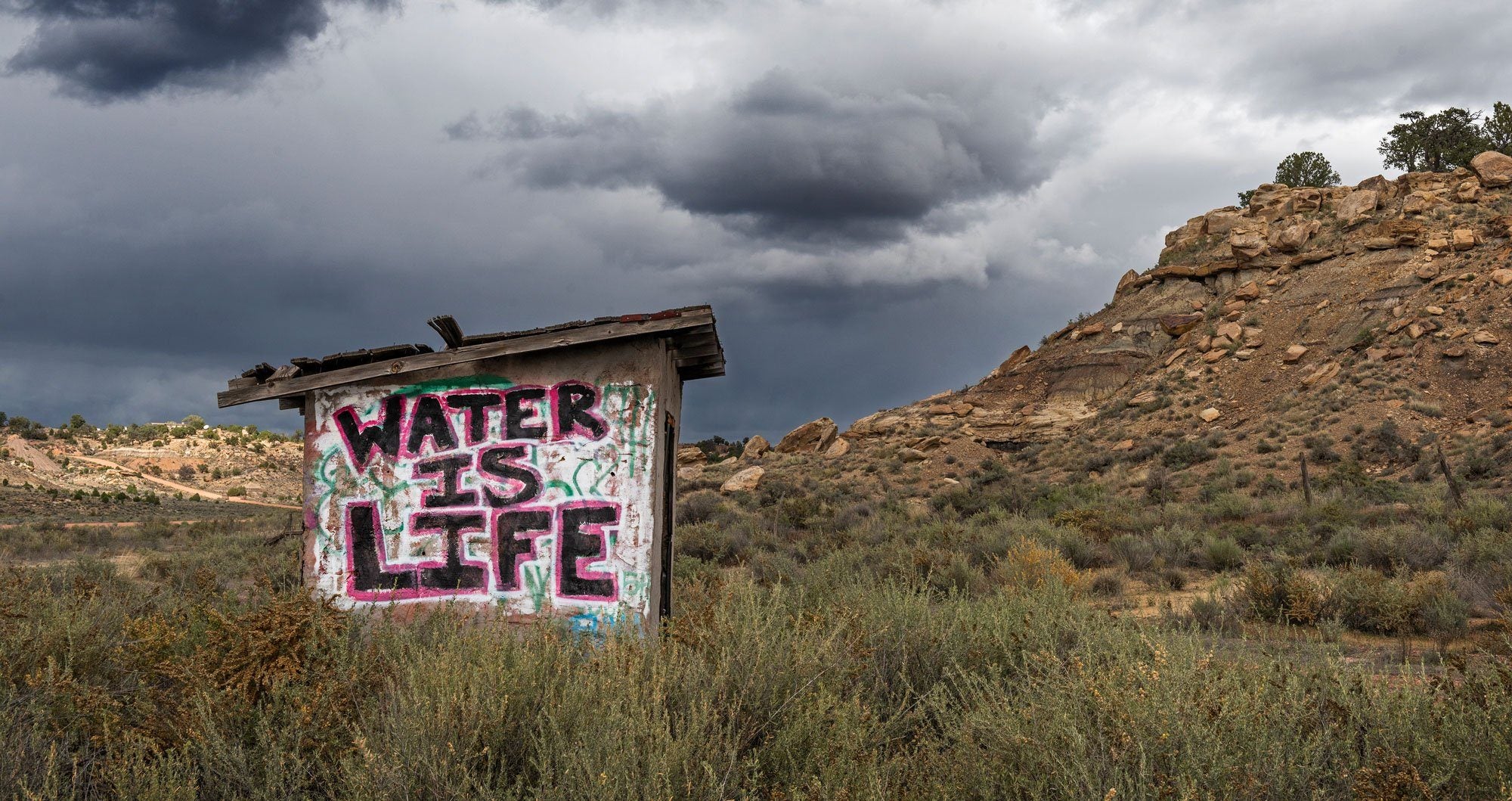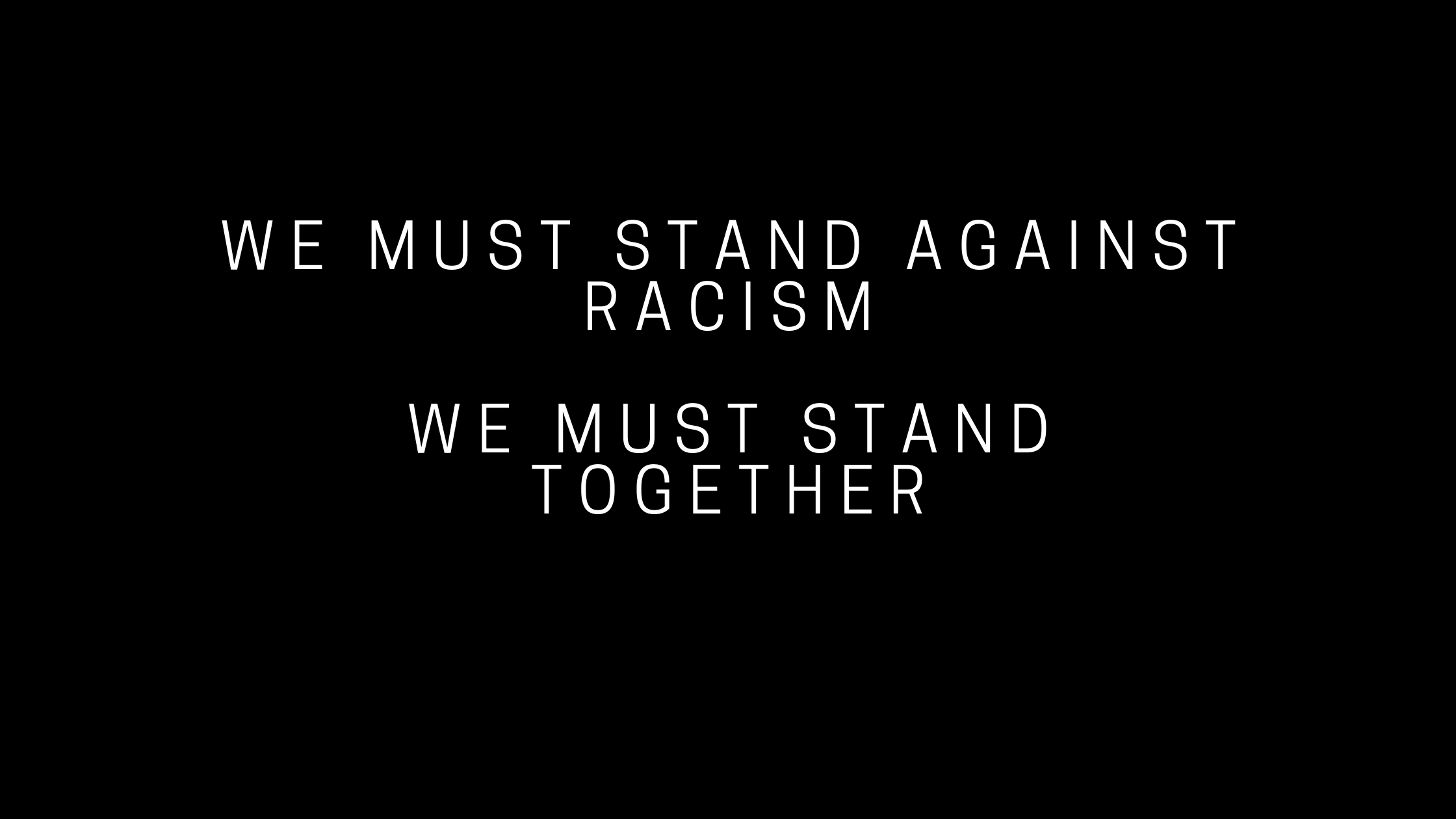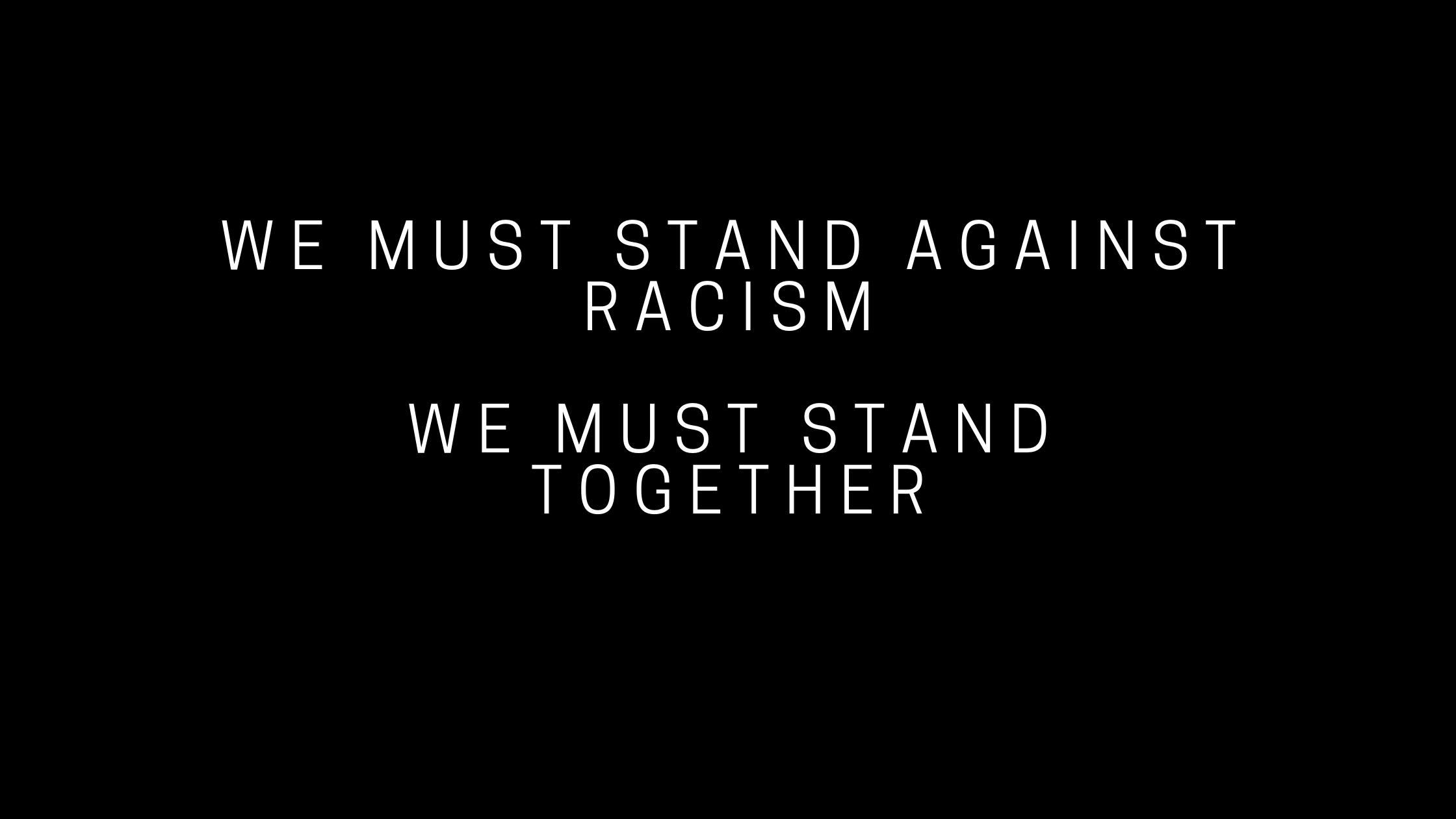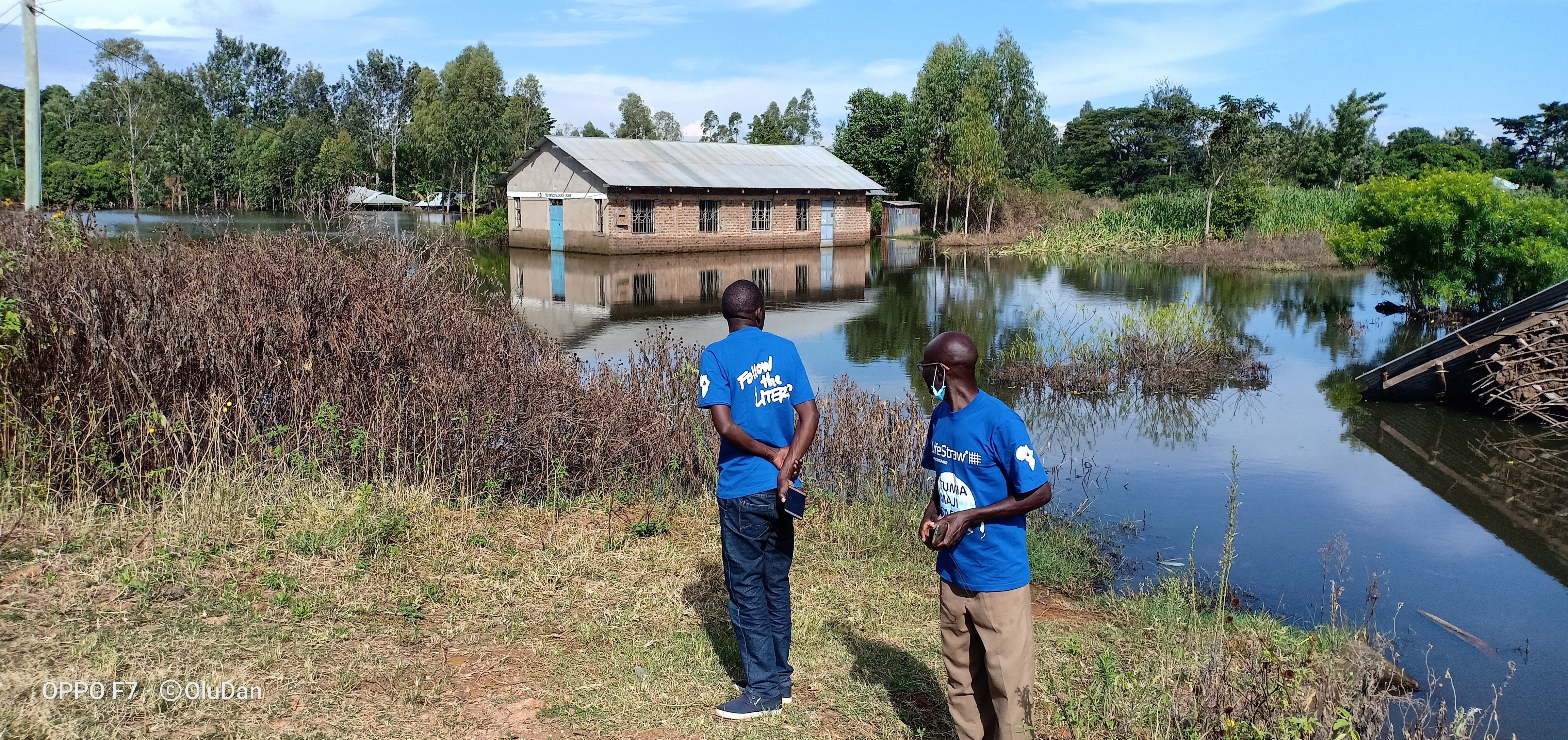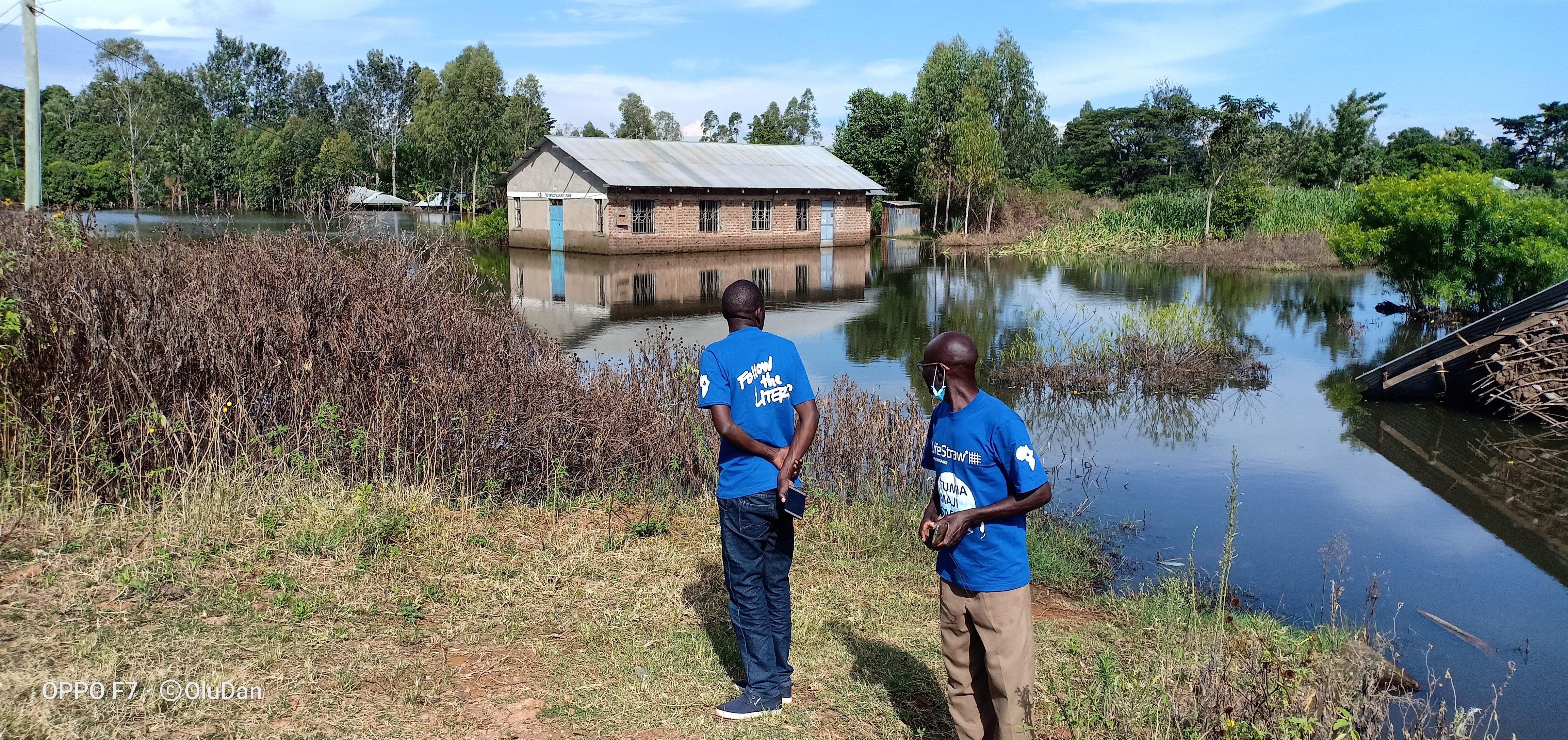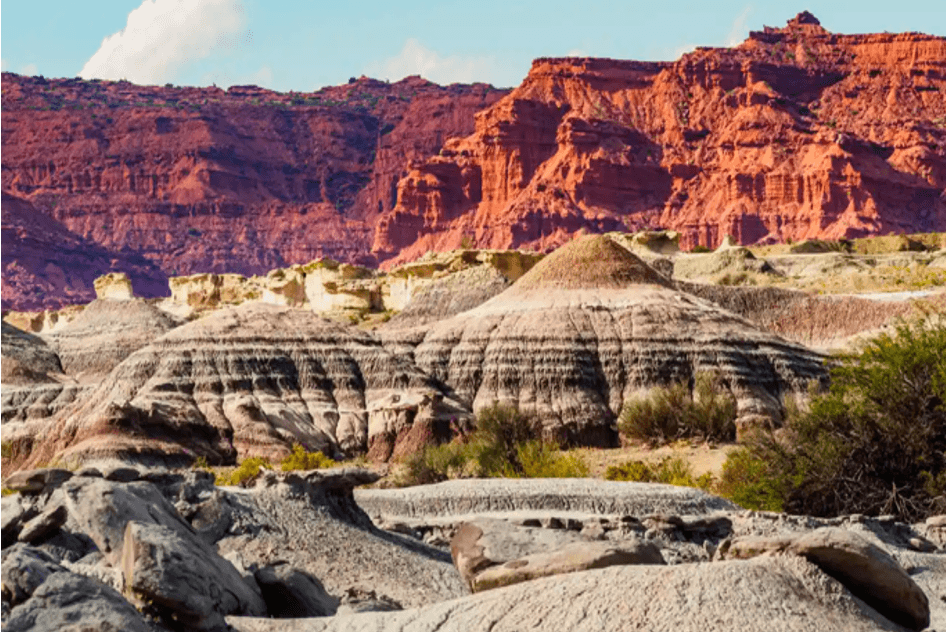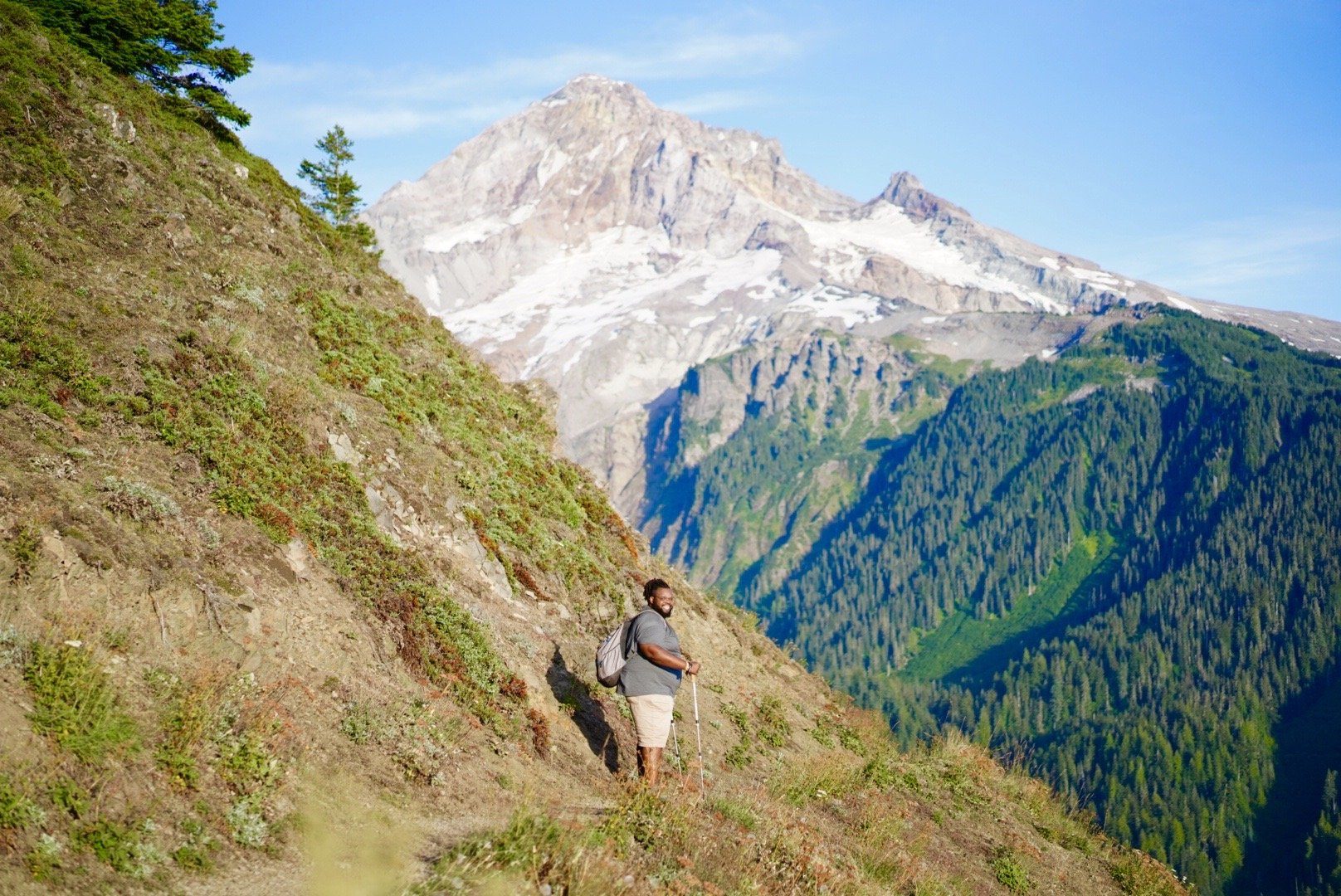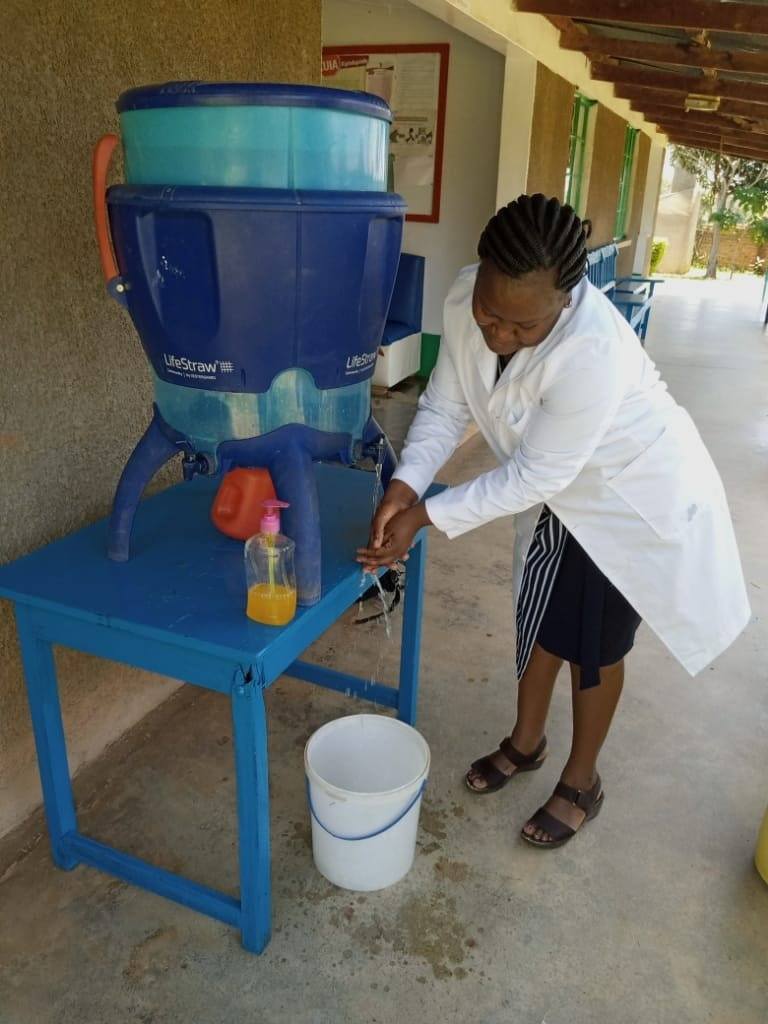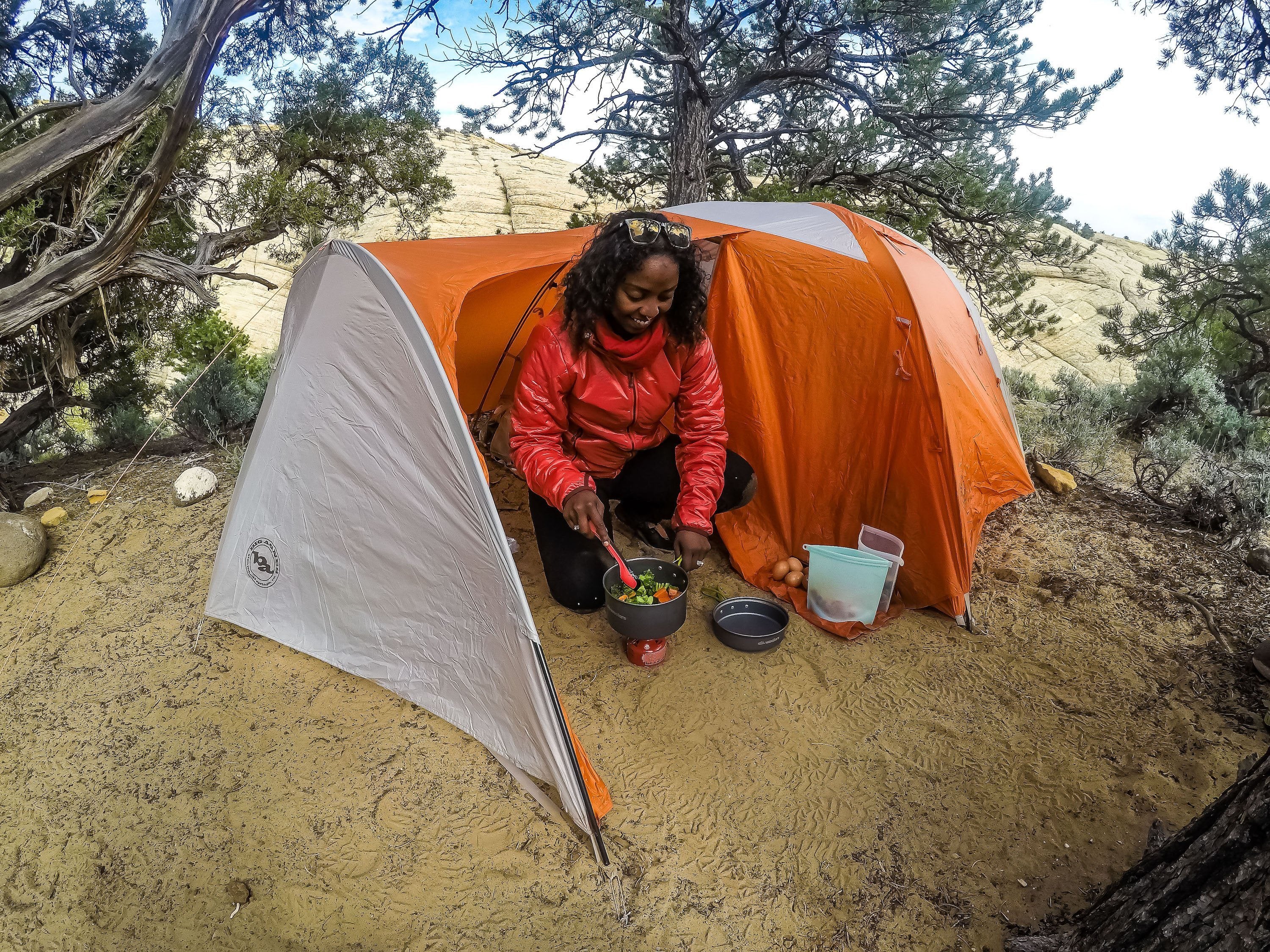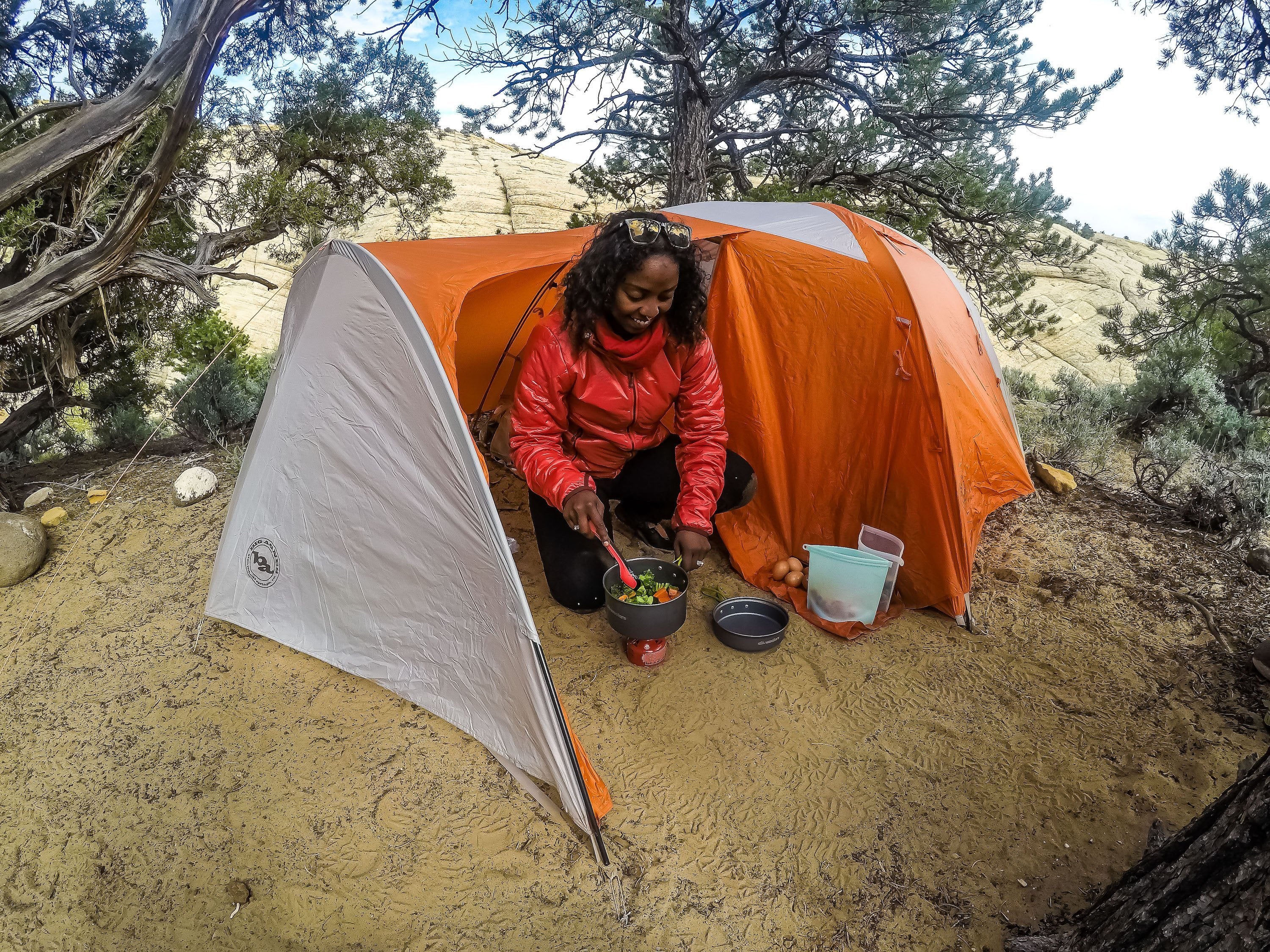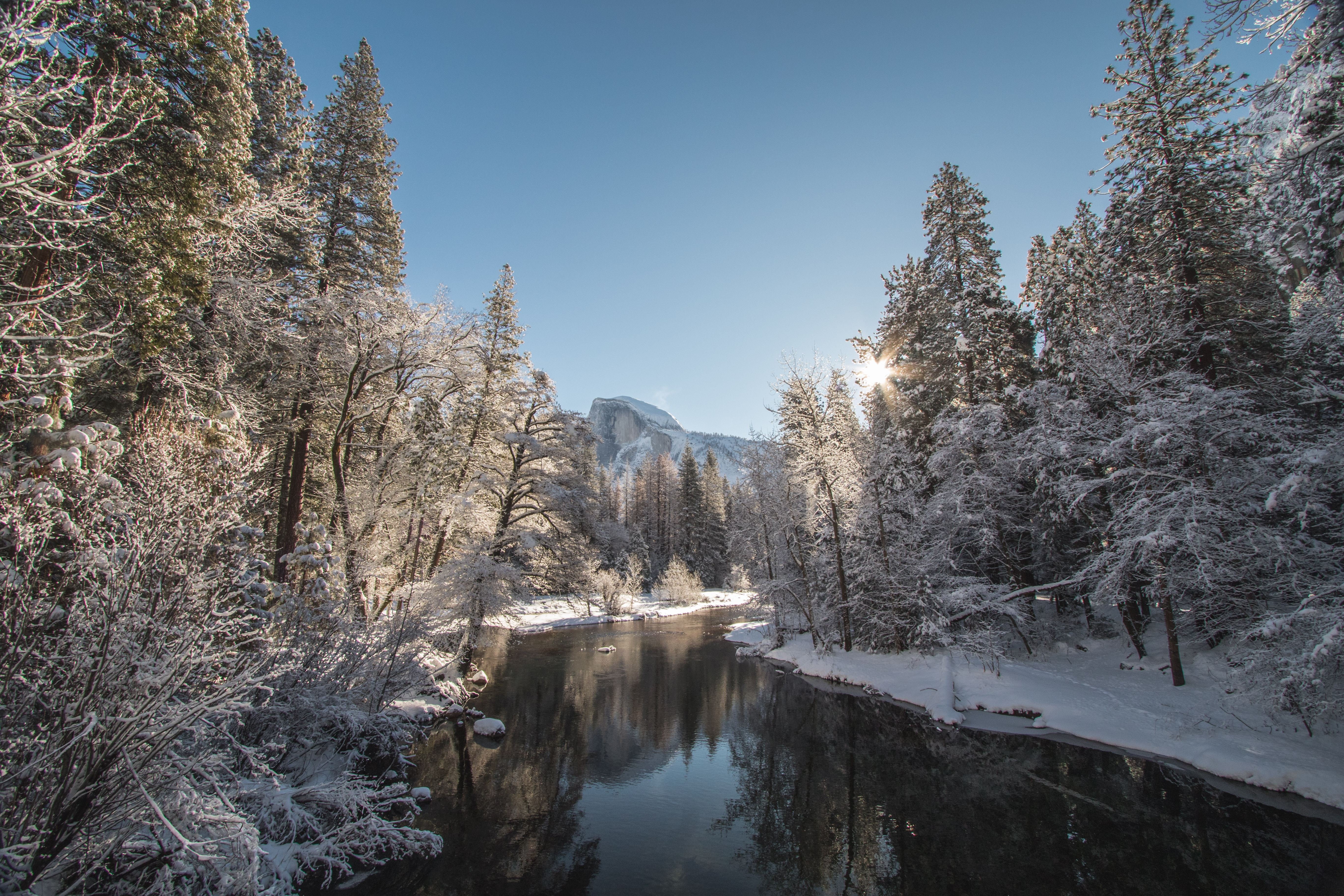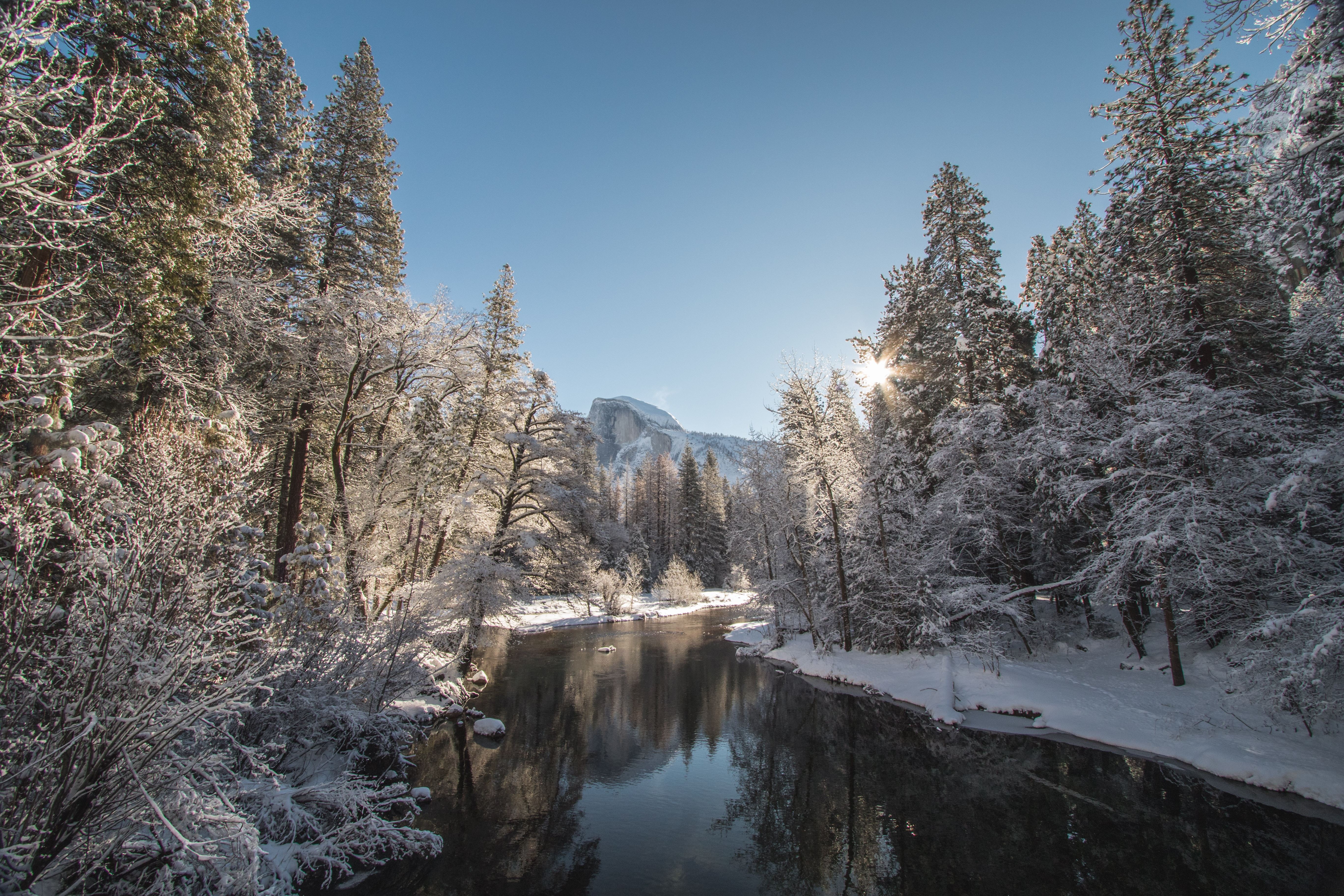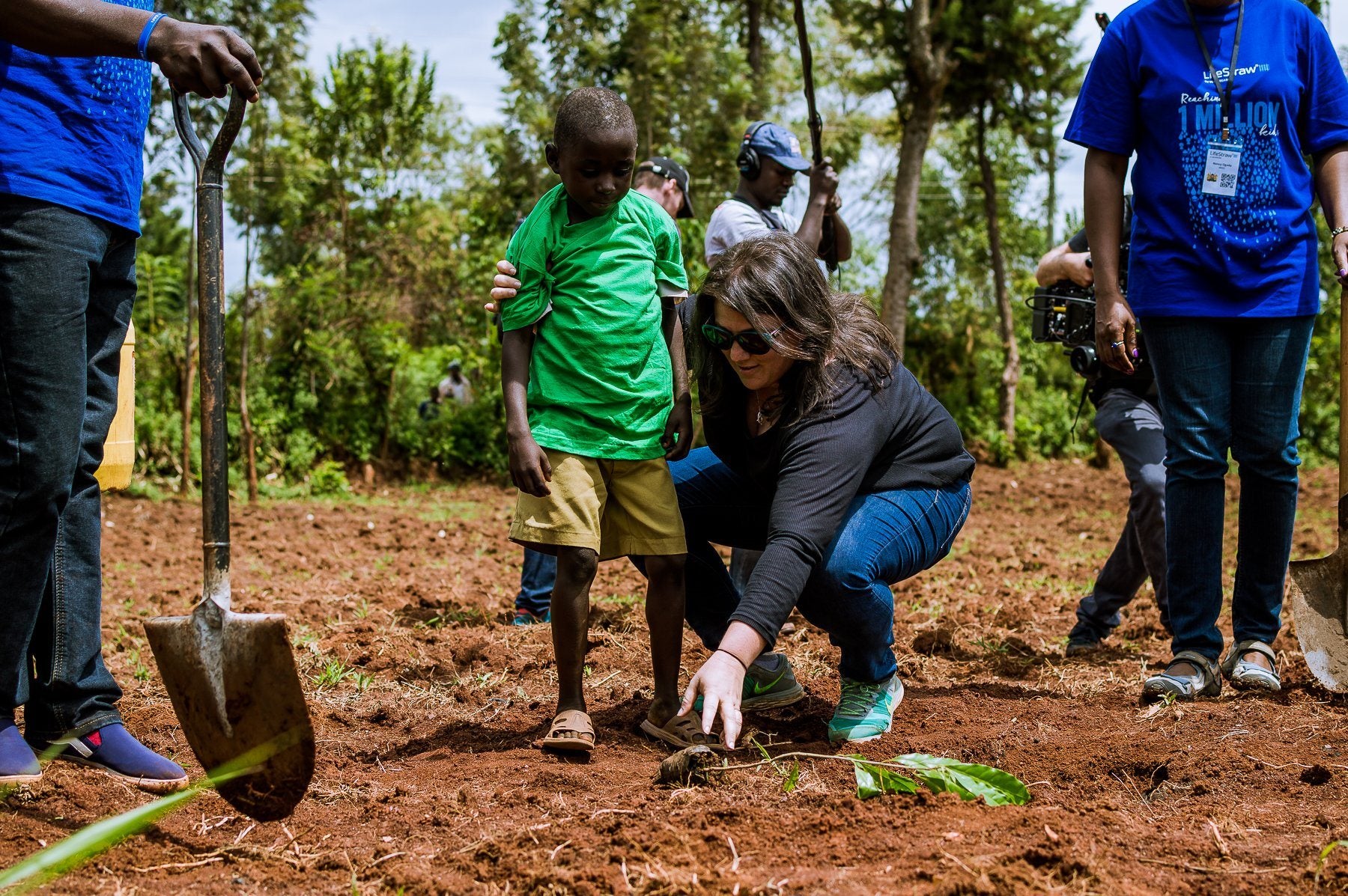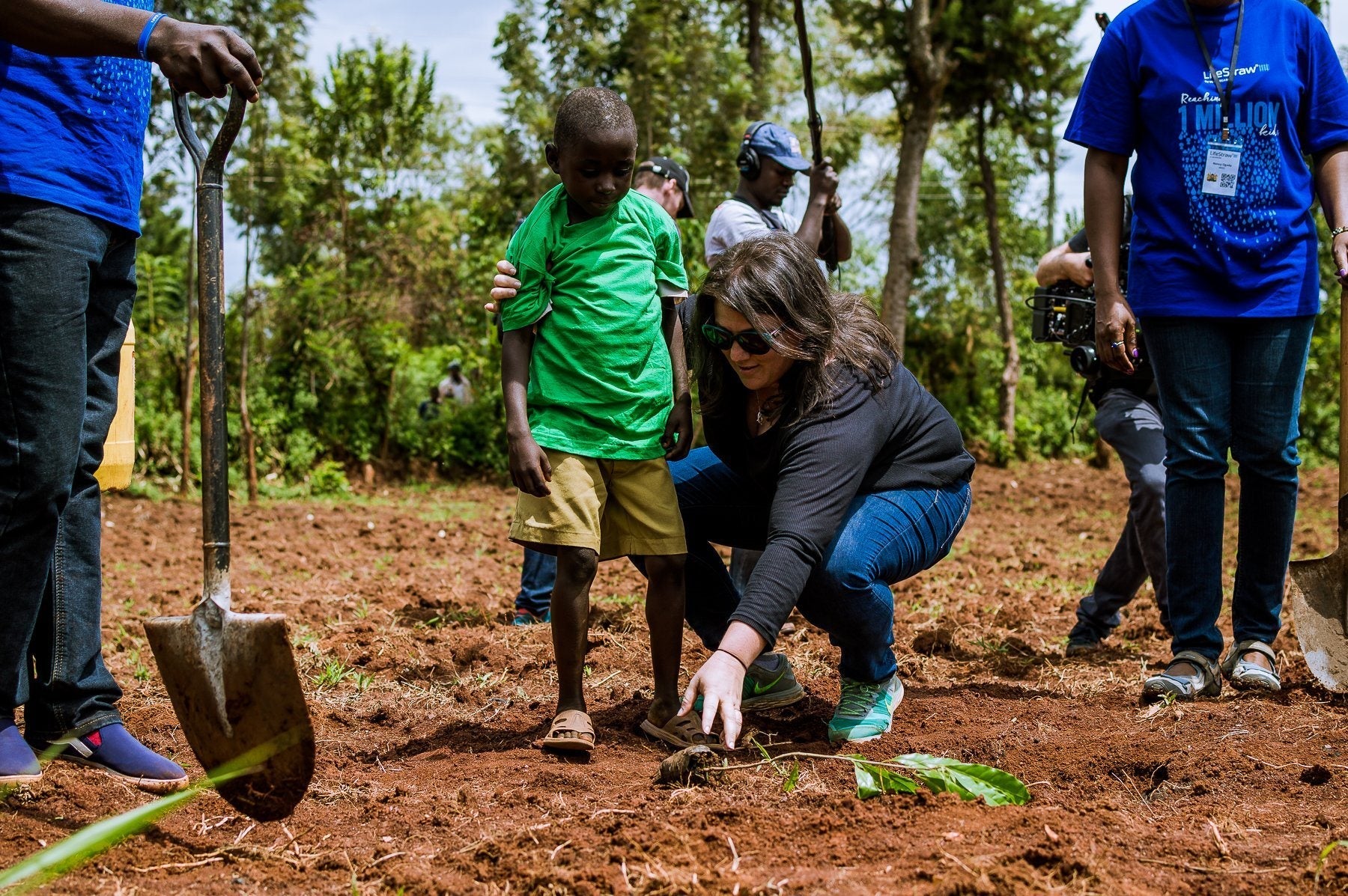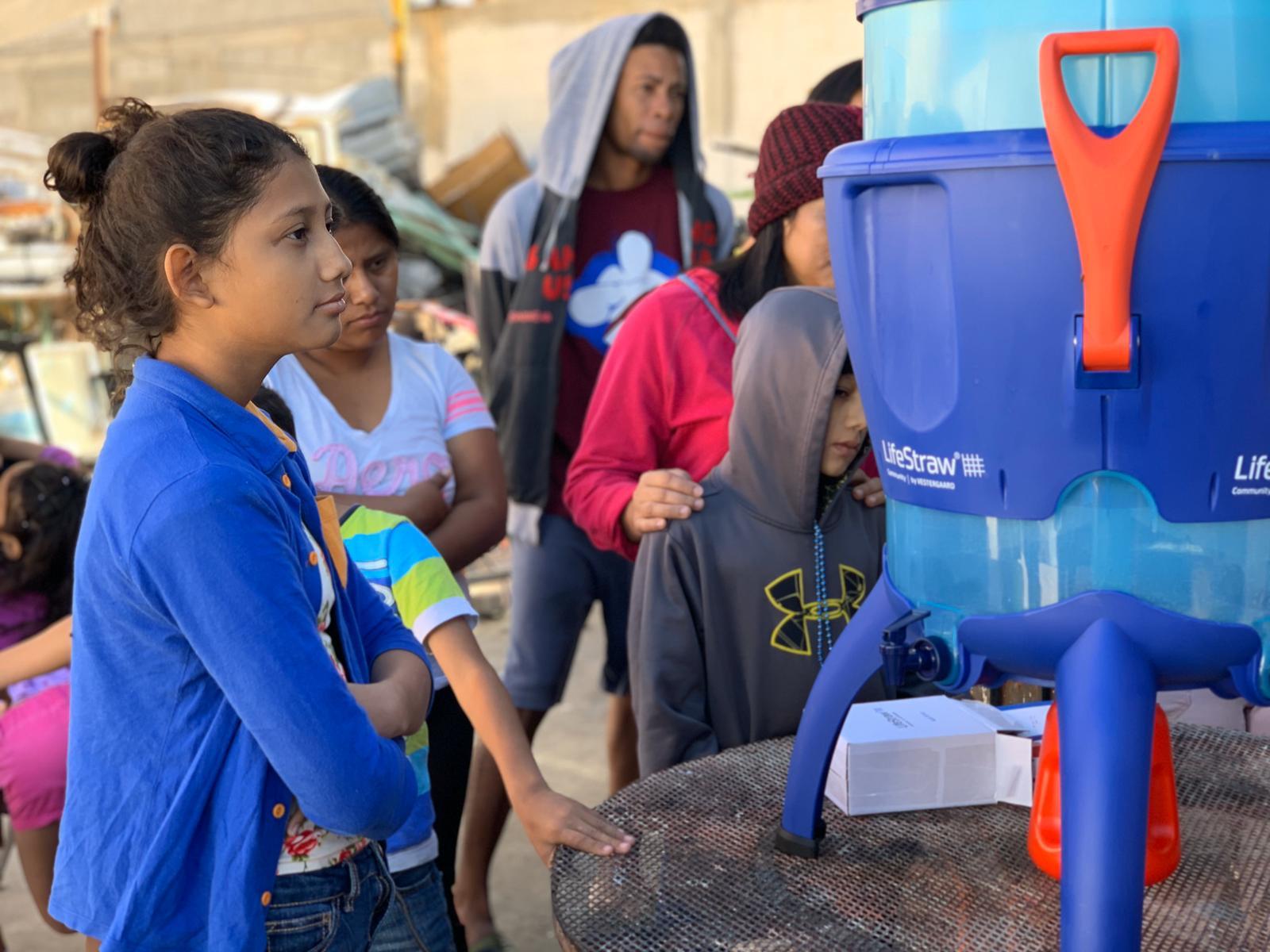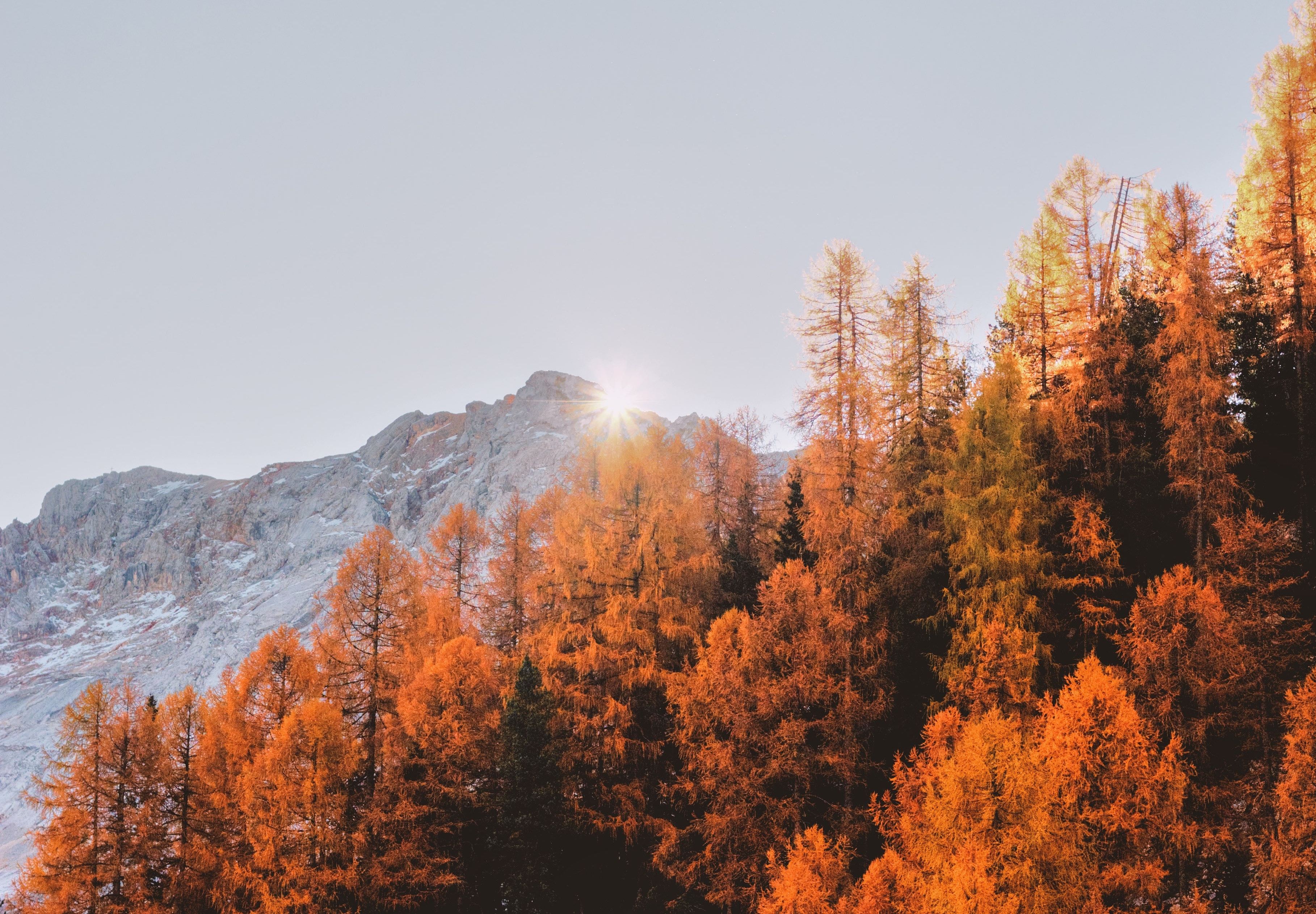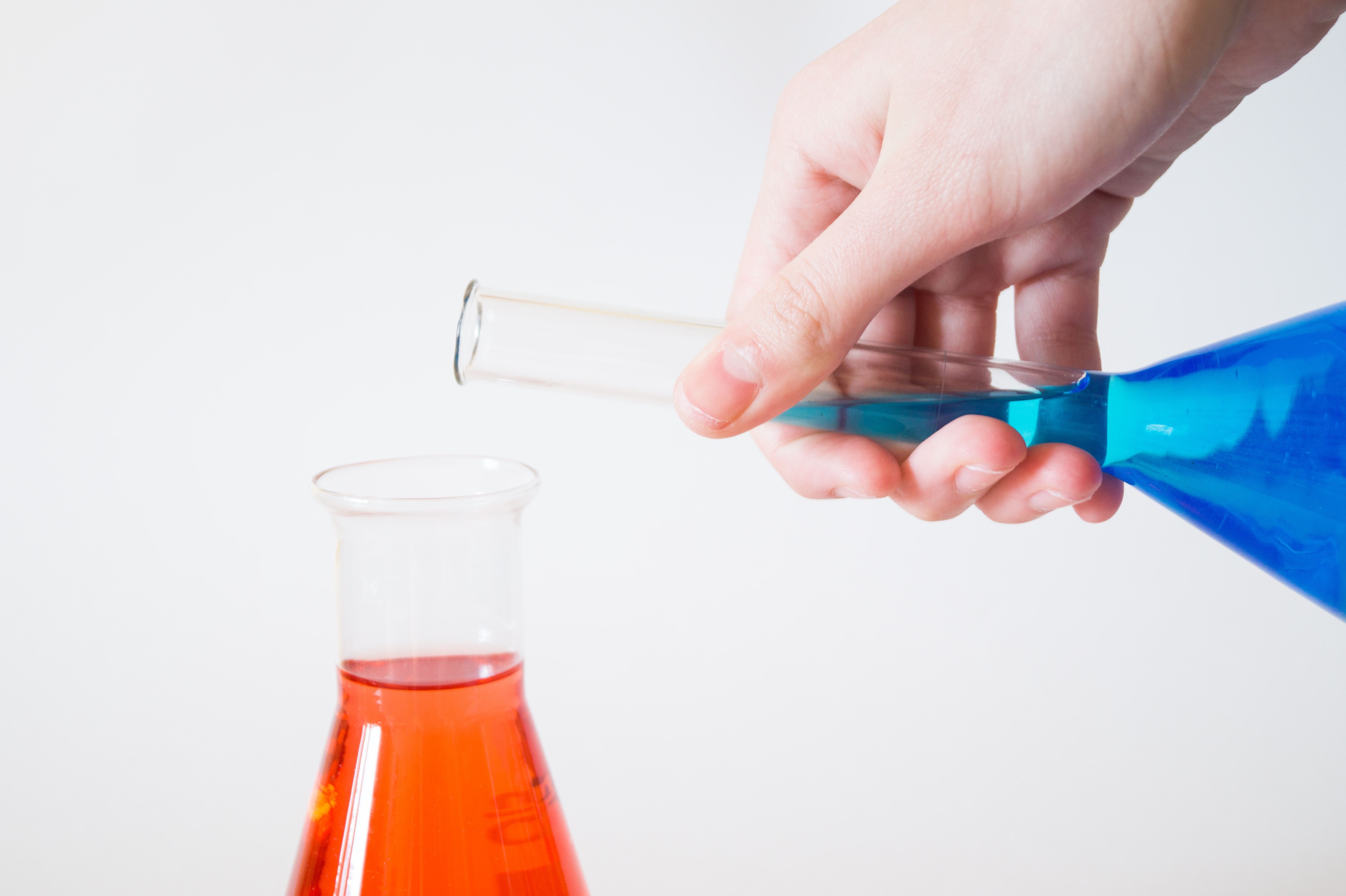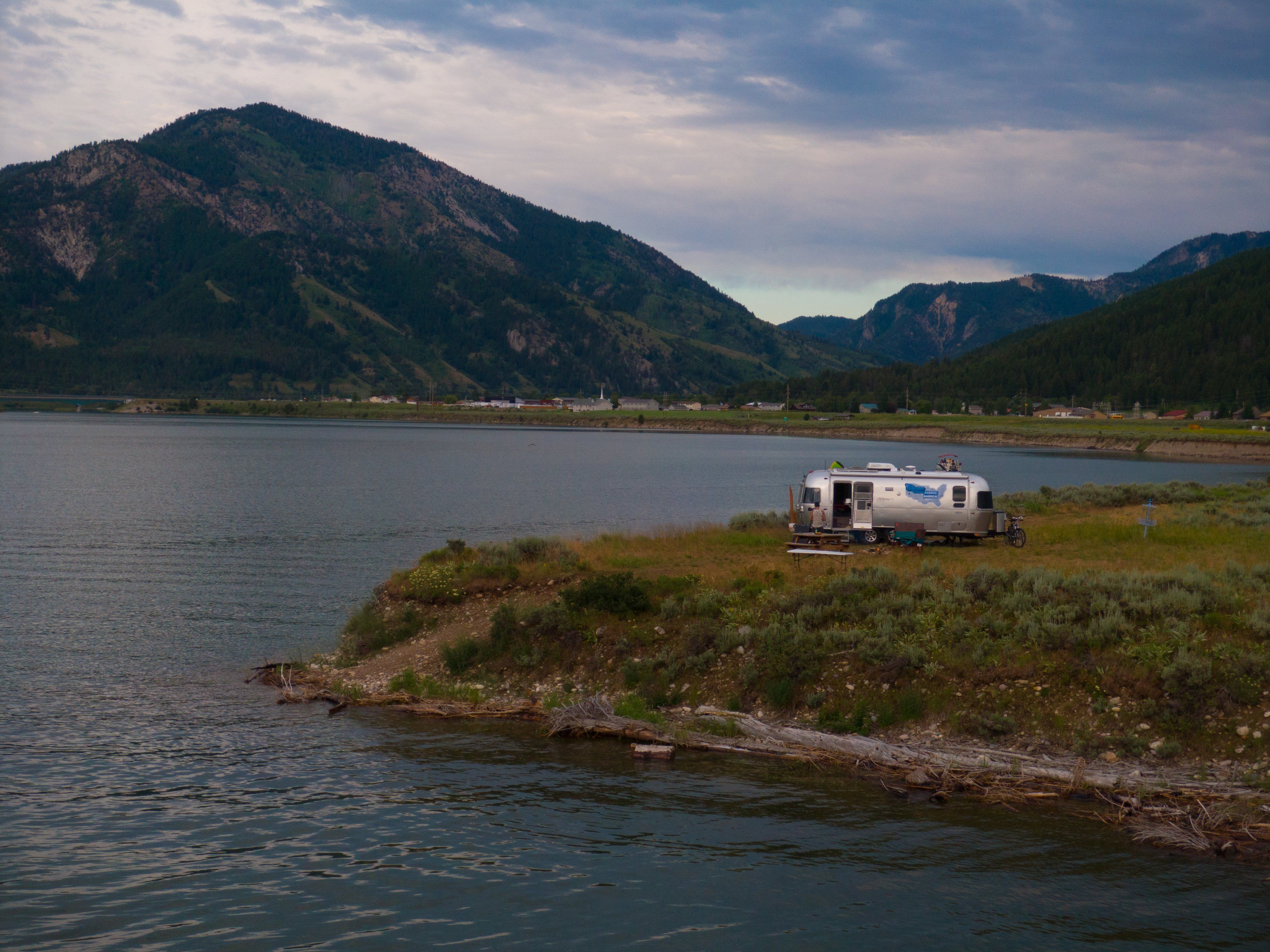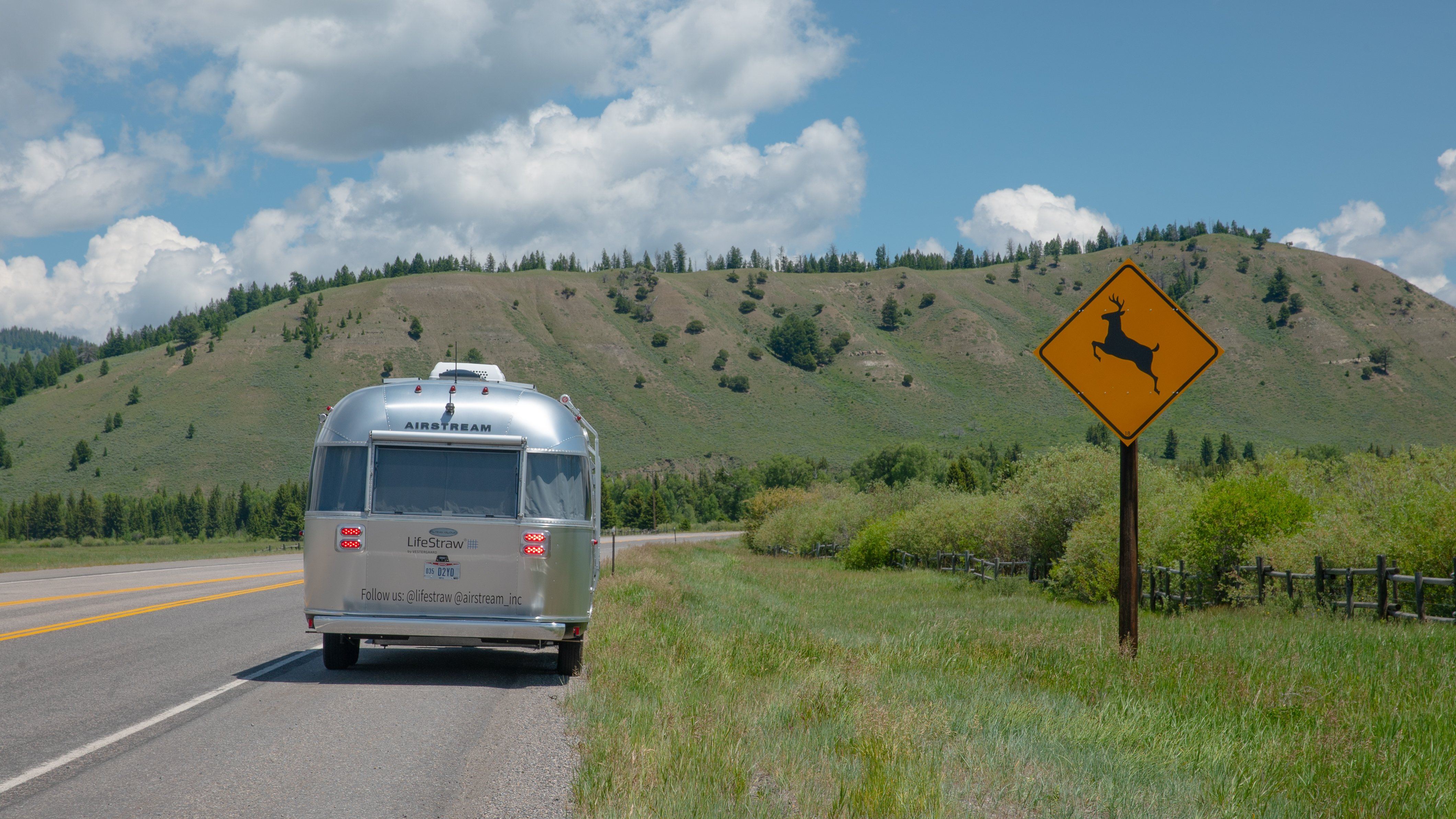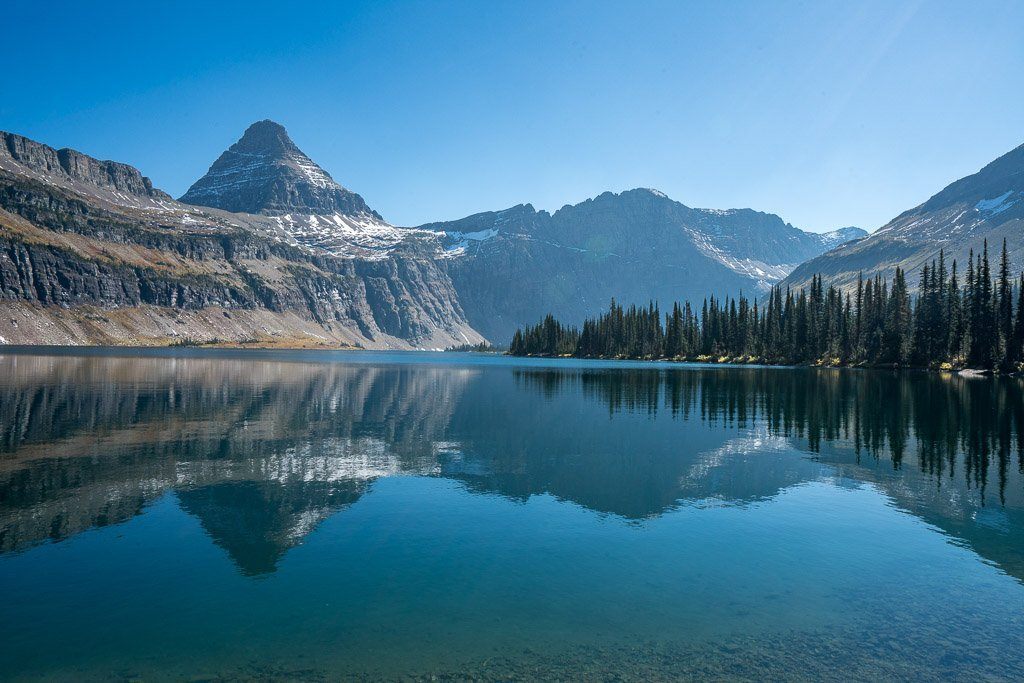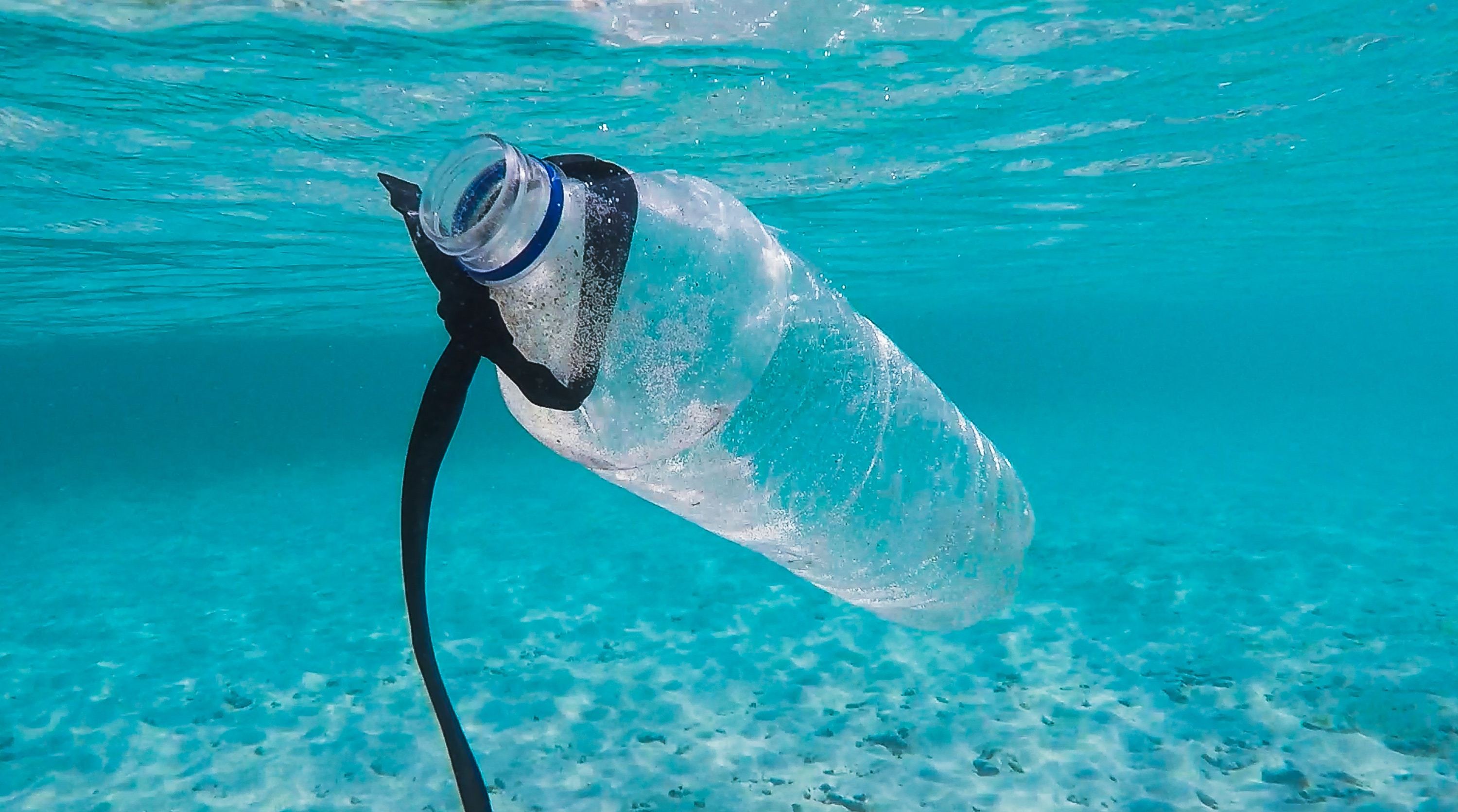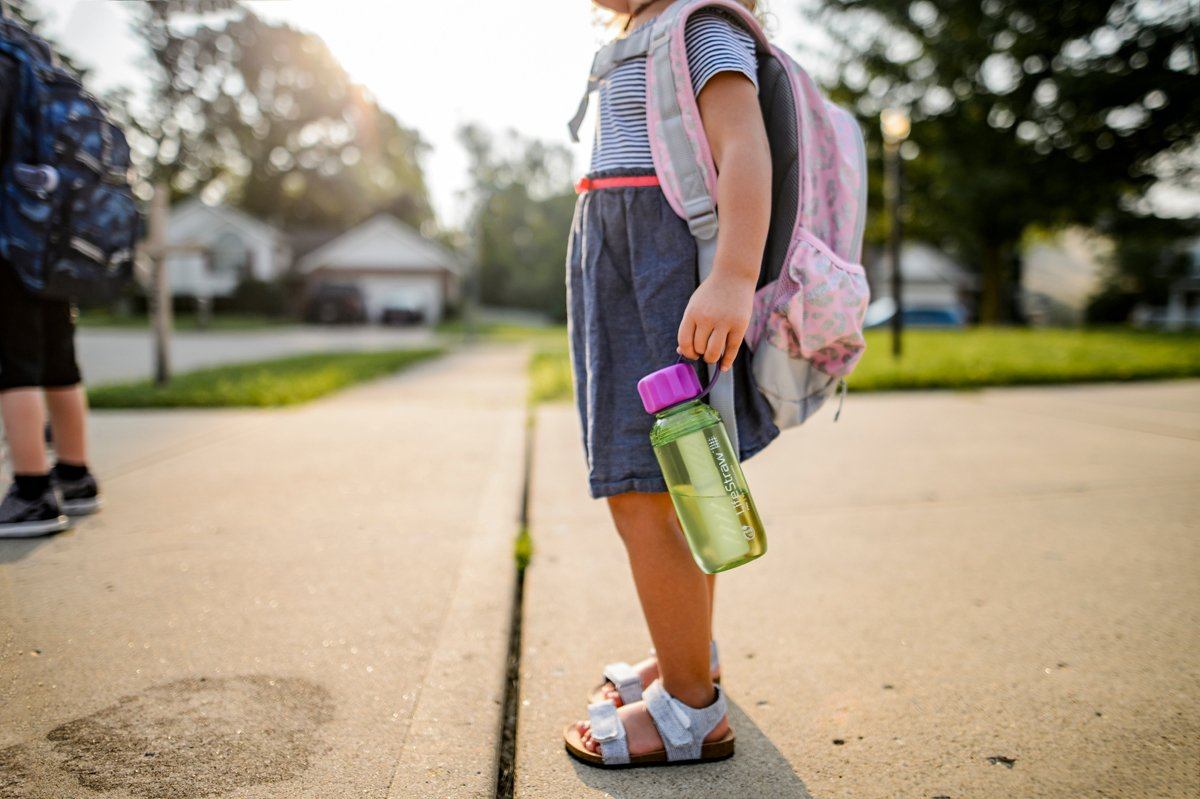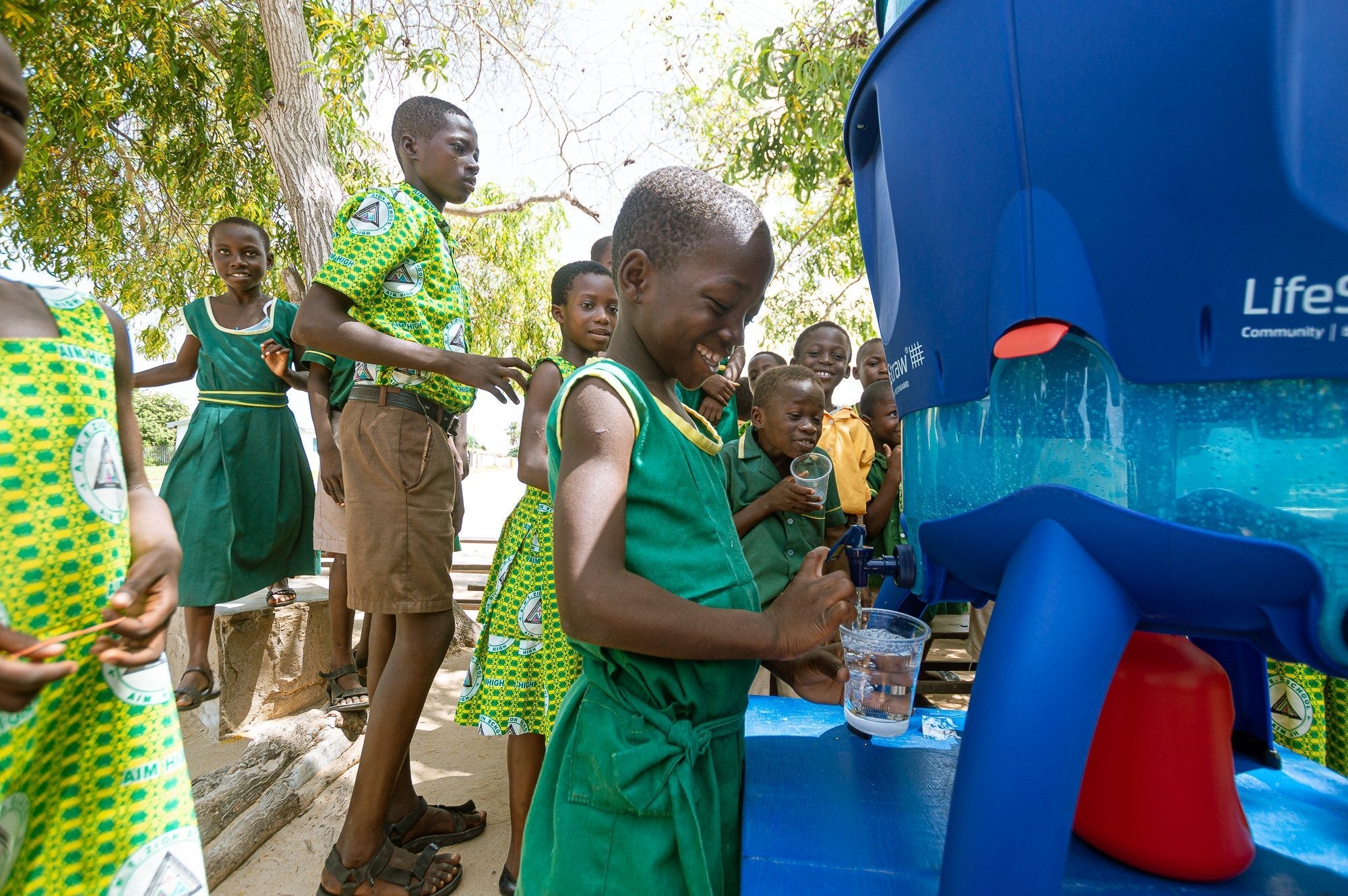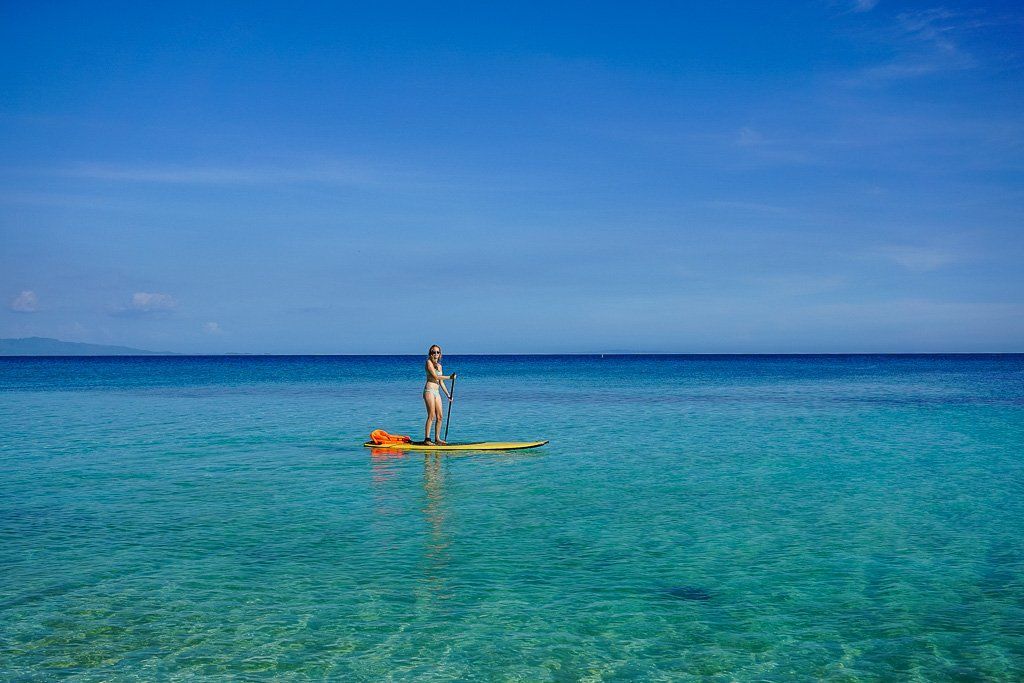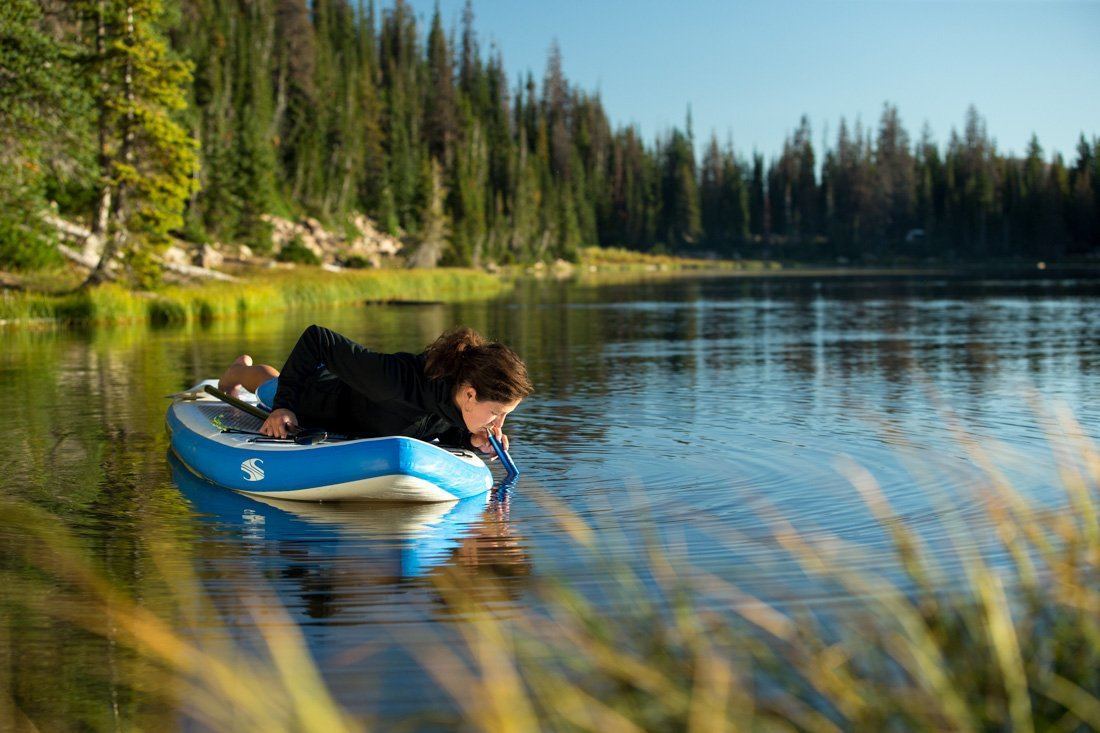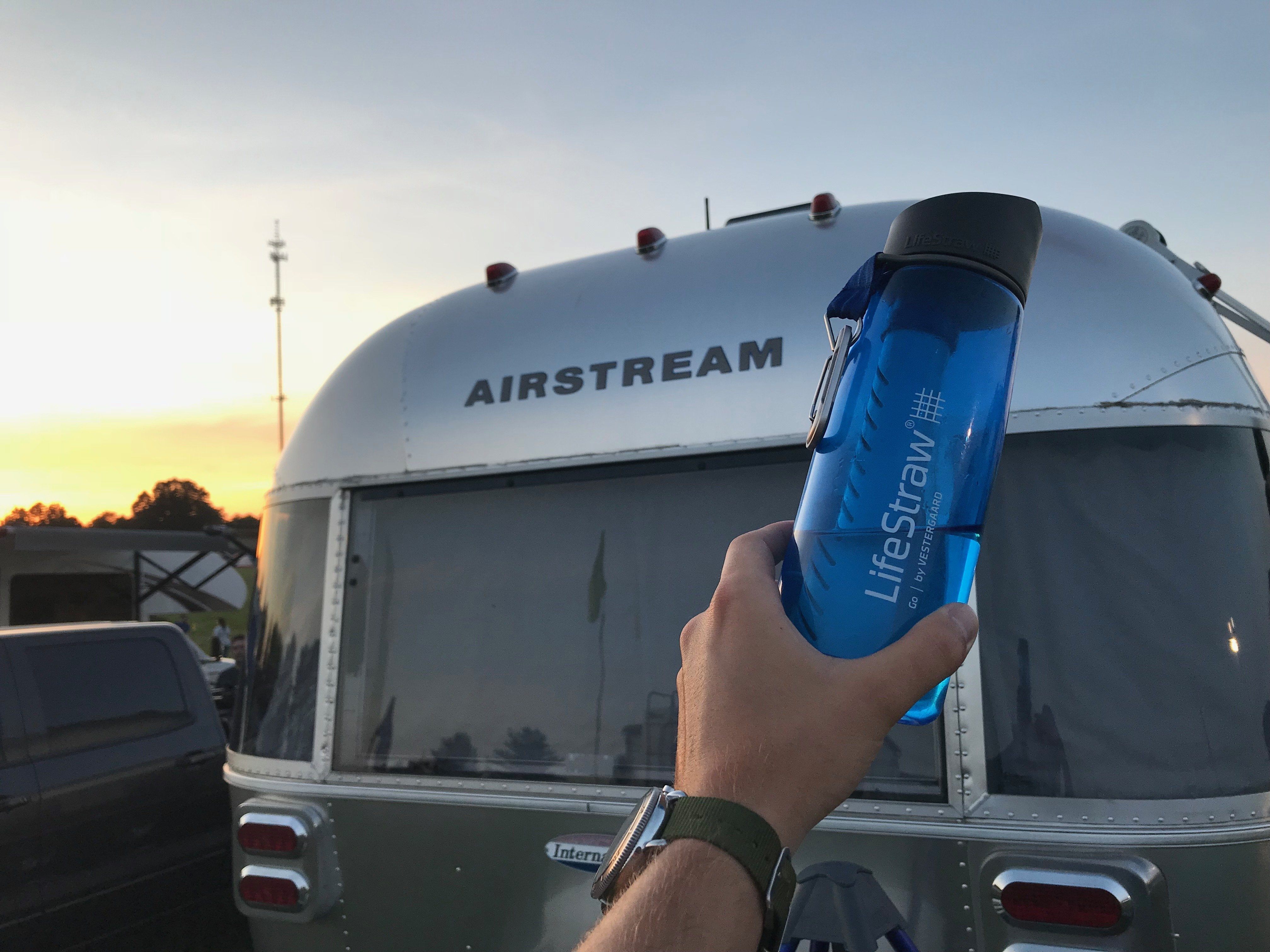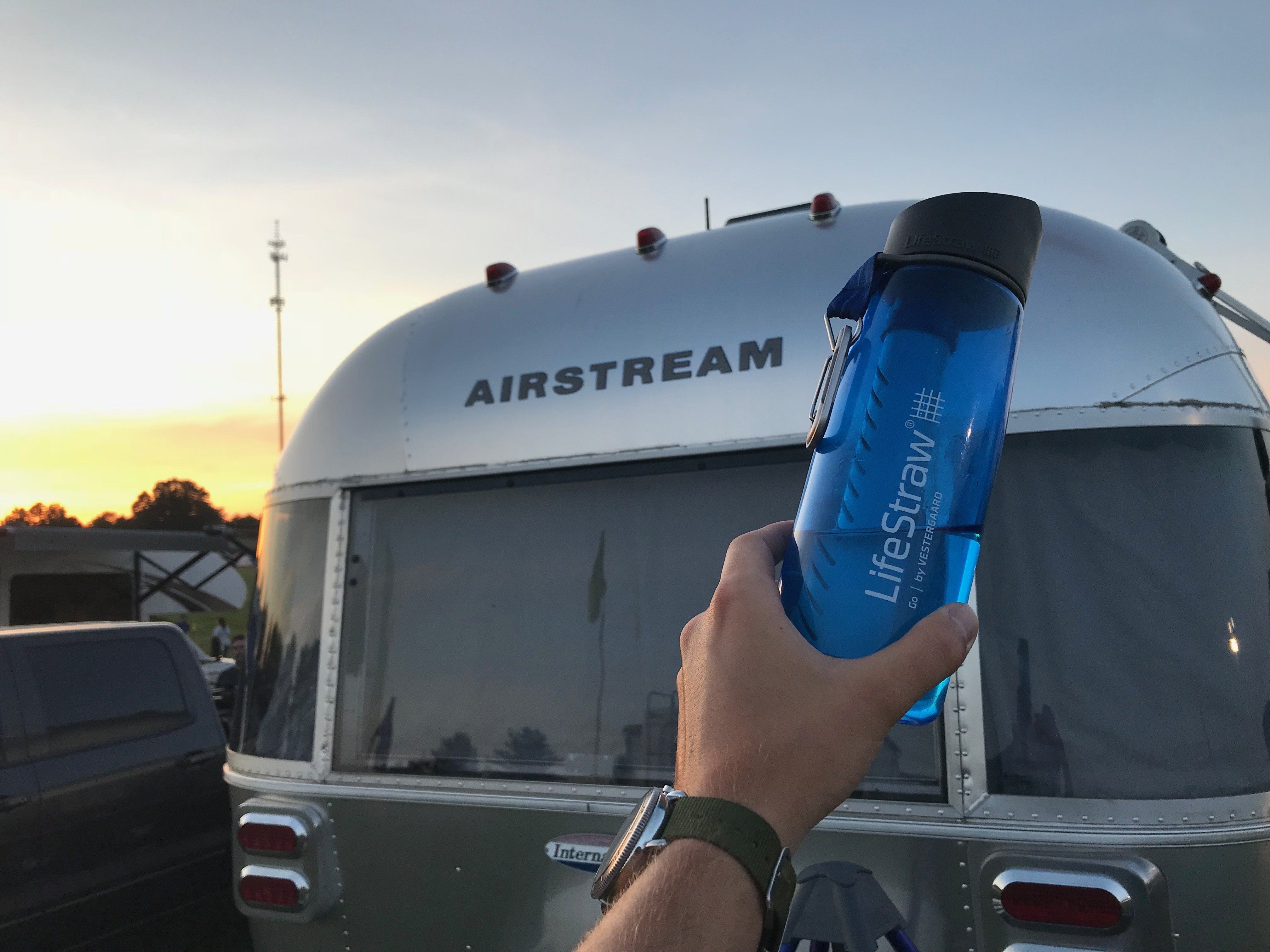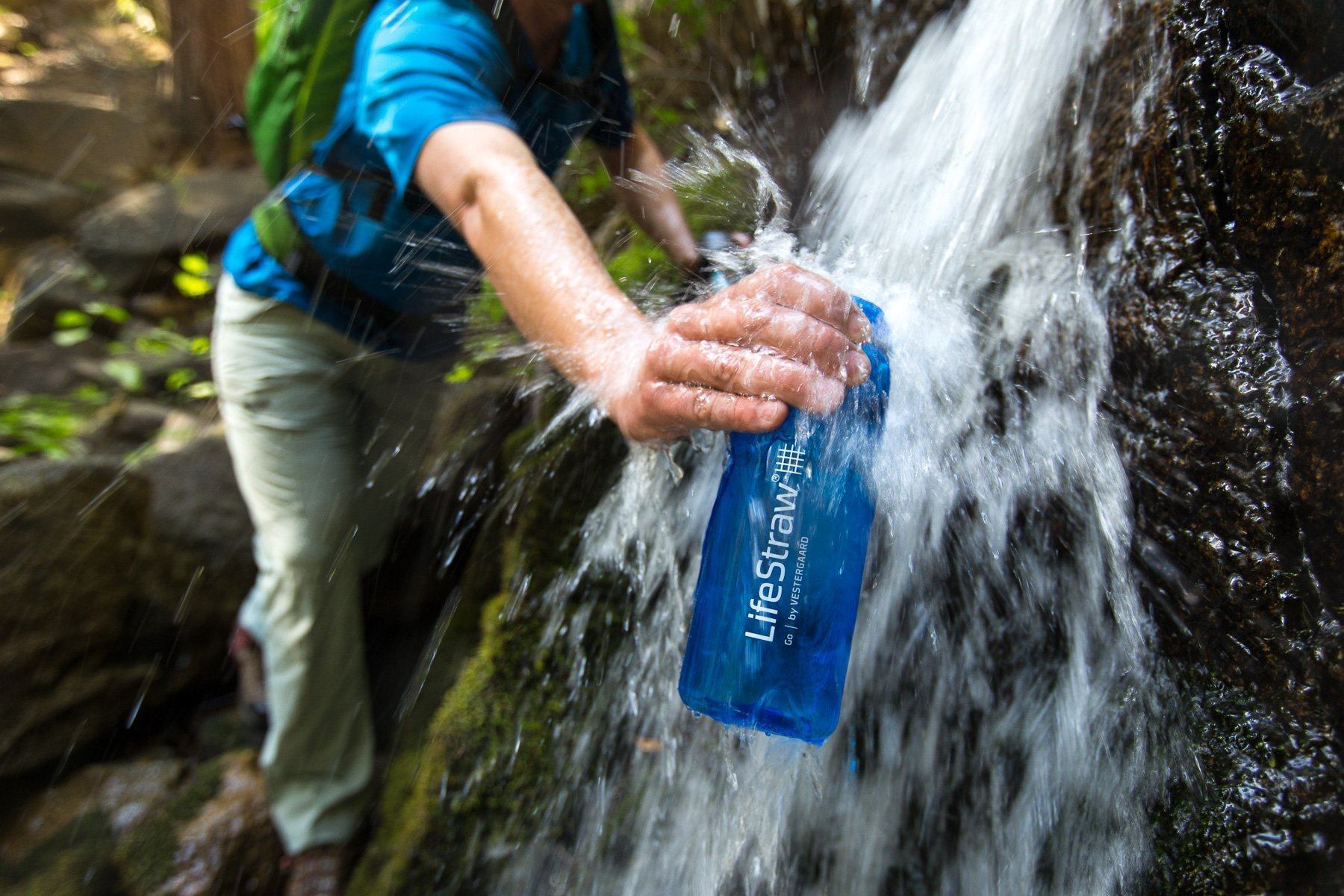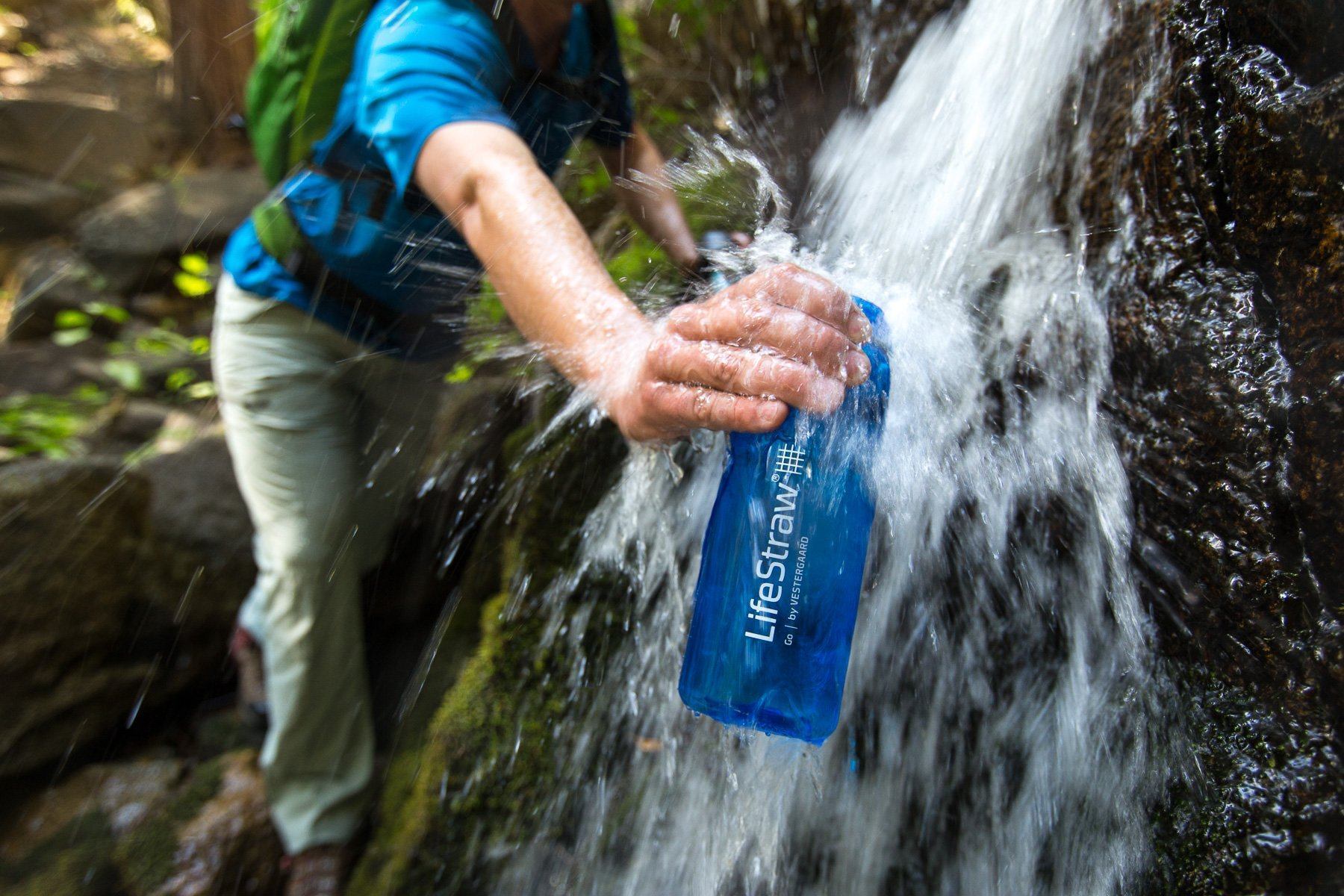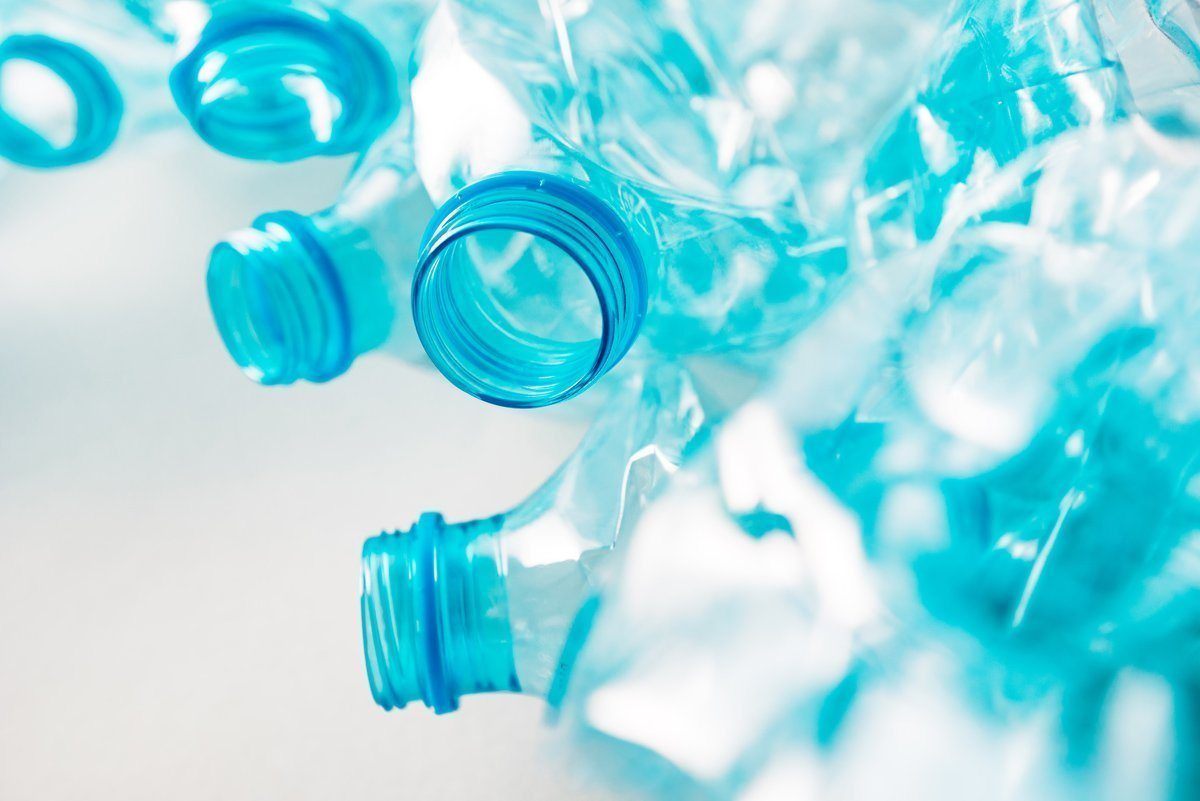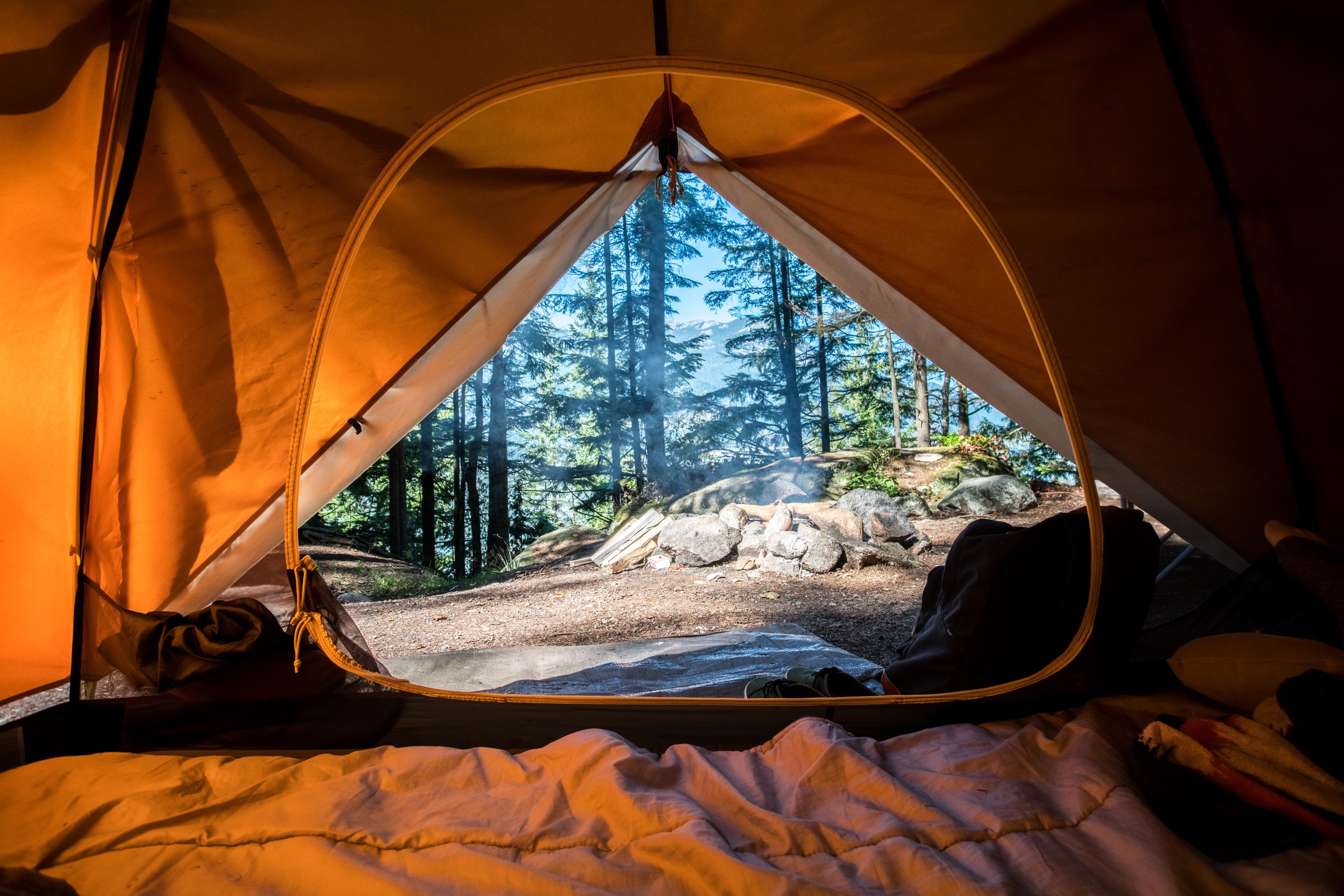
Being Black in the Great Outdoors
July 01, 22
A perspective from our colleague and customer experience manager
It's 2018, and I just jumped off the plane, ready to start my first day as a Customer Service Specialist at LifeStraw. With nervous anticipation, I pull up to the convention center, my tummy full of nervous butterflies, scrambling through the crowds of people with big smiles.
As I checked in, beaming from starting my dream job at the company I had grown to love from a distance, that's when I met her: Super MEGA Karen with lots of passive-aggressive insults and even a snide "is your hair even real." I block that negative energy, not allowing anyone to mess with my perfect day. After all, it WAS my first day, I WAS now working for LifeStraw, and this WAS my first time in Colorado.
As an innovator in the water space, LifeStraw is the company that made me feel like I was part of something so much more significant. Growing up, half of my life was spent in impoverished communities, and having access to clean water was seen as a luxury.
But here I was, now working for a brand that not only created life-changing solutions to some of our biggest water concerns but also had a fantastic mission: the Give Back program. As a little Black girl from NYC, I reveled in delight in knowing that this great program not only provided safe water to children in need but the educational and other supportive tools needed to operate at over 2000 schools across Kenya and more across the globe.
This commitment, this passion, and this dedication to take responsibility for helping to support equitable access to safe drinking water to those who need it the most impacted me tremendously. Whether this work meant partnering with The Carter Center to help eradicate Guinea Worm disease, being a sustainable B Corp, a Climate Neutral brand, or breaking traditions as a women-led organization in a male-dominated industry, I felt super badass and was happy to be part of the team. I had never felt so strong, empowered, and ready to take on the world.
Then just like that, boom: it's 2020, and George Floyd has been killed. As many Americans and people across the globe watched our country unravel, as a Black woman in the outdoor industry who does not see much diversity, I struggled like so many others to find peace in chaos. The self-hatred for being Black in a country that didn't seem to want me because of my skin color started to grow, becoming a monster of depression and pain.
As someone raised by an immigrant mother from the Caribbean, she had always taught my siblings and me to be loving and accept all people, and from the time I could form my independent thoughts, I had tried to follow this rule. But, as I would wake up struggling not only with the anxiety of COVID, every new press release would make me break down even more. Once a woman who felt like she could take on the world, I now felt smaller than ever.
Feeling like a fish out of water, I felt alone, trying to pacify my hurt but also trying to move on. For anyone who has ever tried to choose peace over speaking up, I felt caught between a rock and a hard place, wanting my colleagues to support solidarity over silence. But in LifeStraw fashion, the team committed themselves to be at the forefront of fighting systematic racism. This meant not only contributing to organizations advocating for change but taking the accountability to learn what it meant to be genuinely anti-racist.
As a company that tries to be responsible enough to step up and learn a different perspective outside their own, they continually made external and internal commitments to diversify marketing content, practice equity and inclusion, and integrate these values into the highest levels of the brand.
Now, as a Customer Experience Manager, and with many conversations later, I appreciate LifeStraw's fight for its people. Their role to be continually supportive and understanding of the struggles so many BIPOC has experienced in this country has been refreshing as we stand together steadfast in this fight.
As we continue to advocate for the outdoor space to be more inclusive to those of us who are not wealthy, white, and able-bodied, I want you to know these final words: Black girls like the outdoors too!!!

